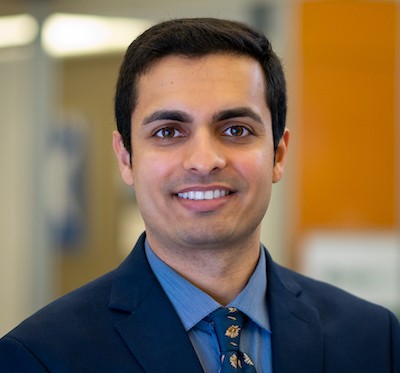Speakers
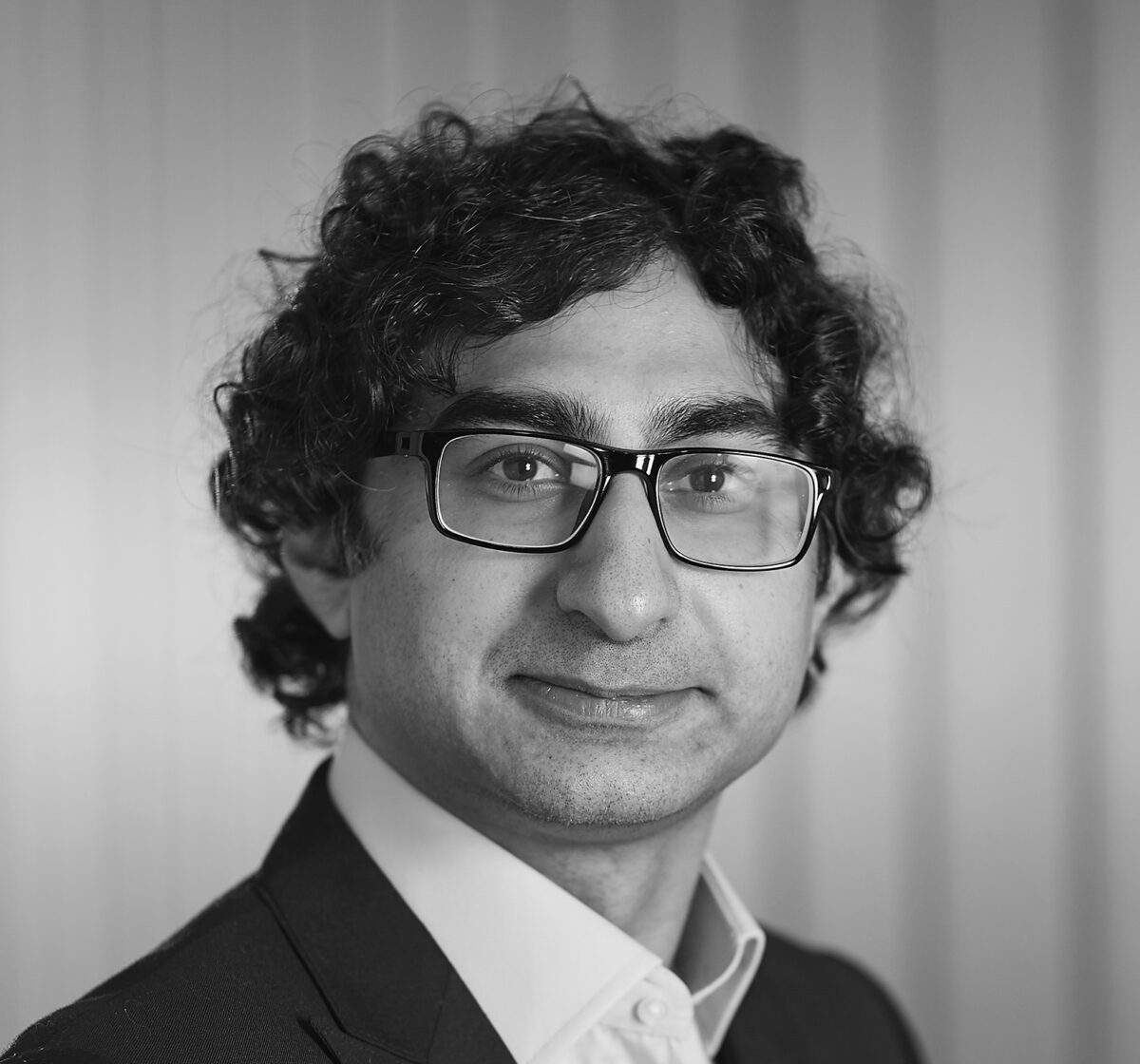
Shaukat
Ali
Panel 7: Quantum Approaches to Designing AI Software
Shaukat Ali is the Head of the Department, Chief Research Scientist, and Research Professor at Simula Research Laboratory in Oslo, Norway. His research focuses on developing innovative techniques for verifying and validating classical and quantum software systems. Recently, he has been focusing on the emerging field of quantum software engineering, which includes quantum software development, testing, debugging, and repair. Moreover, his recent work has been key in establishing the foundations of quantum artificial intelligence and its real-world applications.
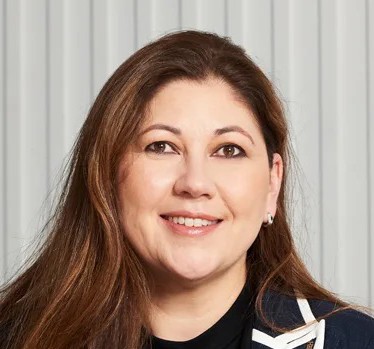
Ekaterina
Almasque
Panel 3: Use Cases for Quantum AI in Chemistry and Pharma
Panel 6: VC and Investment Roundtable
As a General Partner at OpenOcean, Ekaterina is passionate about breakthrough next-generation technology businesses. For over fifteen years she has been investing in artificial intelligence, data infrastructure, disruptive B2B software platforms and cybersecurity across the globe, having lived in Silicon Valley, several countries in Europe and Latin America. Her heart is in creating category-defining technology leaders out of Europe, such as MySQL, TrueCaller, GraphCore, and Mapillary. Before partnering with the founding team of OpenOcean in early 2019, Ekaterina was a Managing Director at Samsung Catalyst Fund in Europe. In this role, she has led strategy and investments, direct and as a FoFs, into disruptive sectors such as autonomous driving, cloud and health tech to create $20B+ business opportunities for Samsung. Ekaterina is a savvy technologist, strategist and business person, having led the creation of some of the first e-commerce and disruptive technology platforms in the 90s and early 2000s, and having started her first software business at the age of 17. Ekaterina is on the board of IQM, Binalyze, HyGraph, LatticeFlow, Bitrise and https://sunlight.io/.
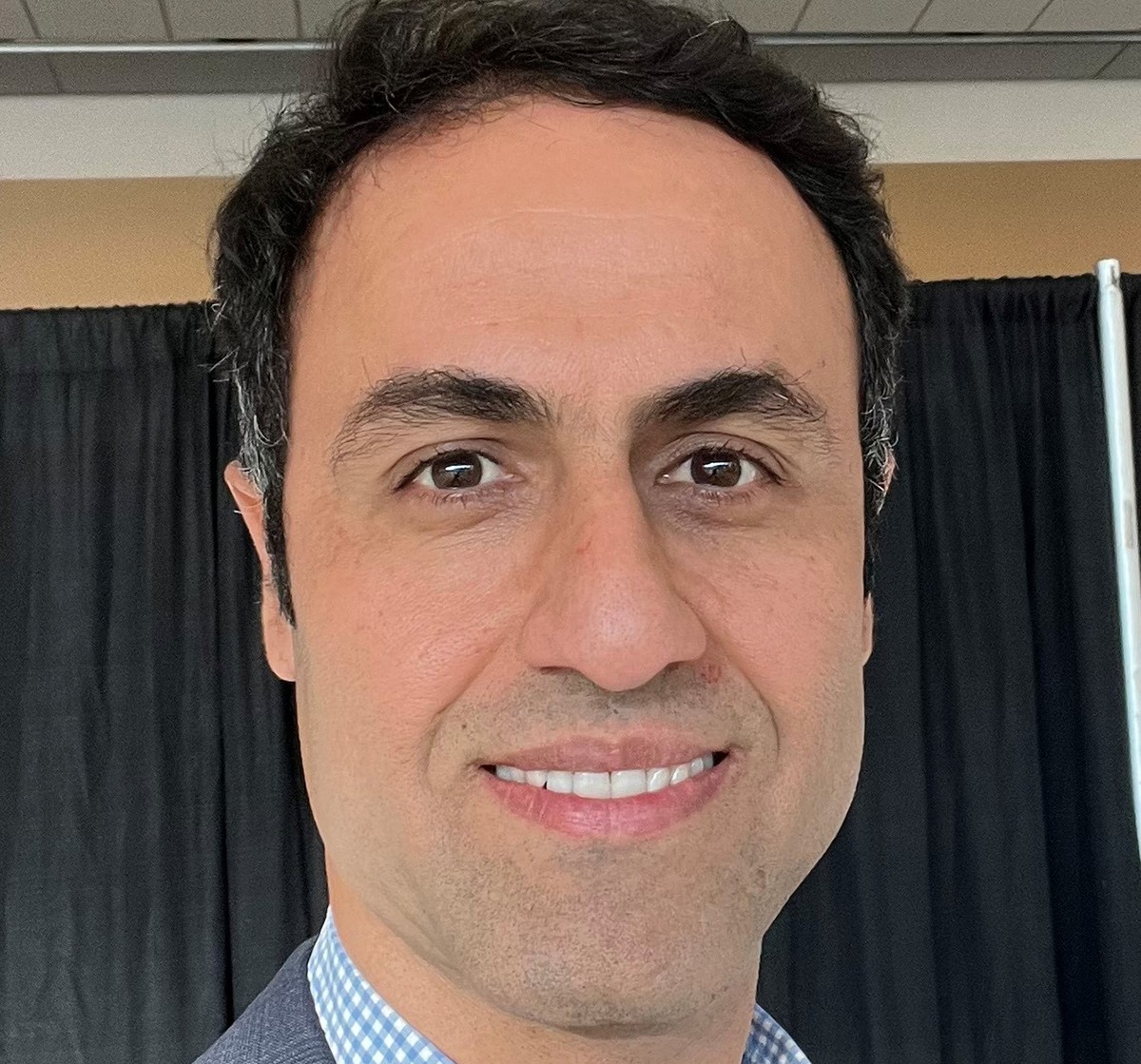
Reza
Azarderakhsh
Talk 9: AI, Quantum, and Cybersecurity
Dr. Reza Azarderakhsh is the CEO and Founder of PQSecure with the main focus on development of quantum-safe cryptographic solutions for tomorrow’s data today in-transit, at-rest, and in-use. Dr. Azarderakhsh is well-known fo the development of several cryptographic algorithms and architecture for various applications. He published more than 100 papers in journals and conferences on applied cryptography.
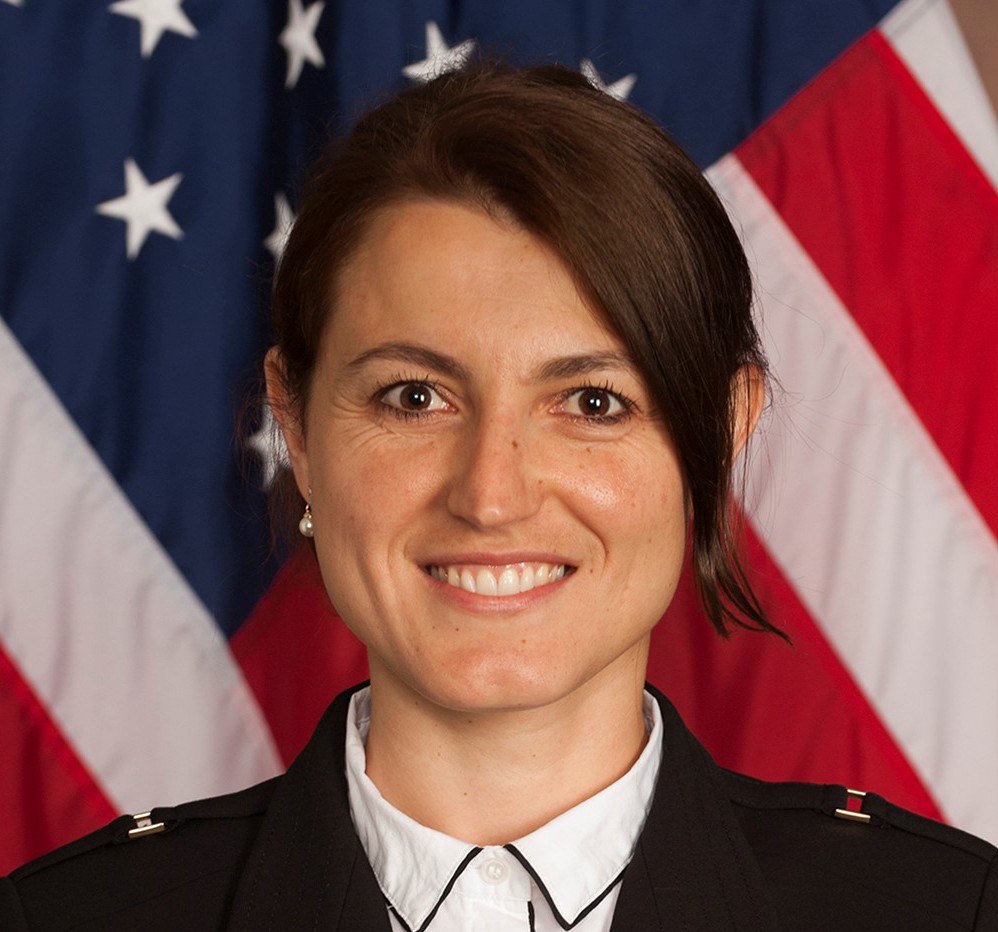
Lubjana
Beshaj
Associate Professor, West Point
Panel 5: Applications for Quantum AI in the Government, Military, and Intelligence Services
Lubjana Beshaj is a research scientist at Army Cyber Institute and an Associate Professor at West Point. Her research interests are cryptography and emerging technologies. More specifically, algebraic curve cryptography, post quantum cryptography, homomorphic encryption, quantum stabilizer codes, blockchain technologies, and neural network cryptography.
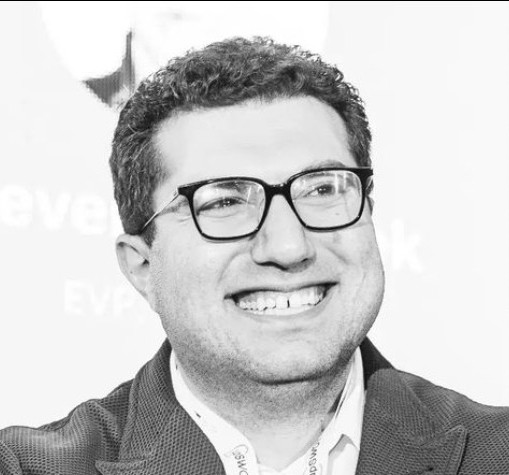
Charles
Beyrouthy
Panel 6: VC and Investment Roundtable
Charles Beyrouthy is the Founder and Managing Partner of Forma Prime. He is an Innovation Specialist and Venture Capital expert that cultivates innovation partnerships, start-up initiatives and due diligence operations. Charles has conducted research and applied innovative and novel technologies at top firms in different verticals including deep tech, artificial intelligence, cybersecurity, life sciences, materials and process optimization. He was also a startup co-founder at LabCloud, a software platform dedicated to optimizing laboratory operations and logistics. Charles has worked with and collaborated with numerous startups, VC funds and signed top firms including ThermoFisher Scientific, https://amazon.com/ and Staples. He also advised firms in Healthcare and Fintech. Charles’ R&D and innovation experience includes roles at Citizens Financial Group, Brown University’s Department of Chemistry, Abbott Laboratories, Dartmouth Medical School and the Silvio O. Conte National Center for Polymer Research. Charles holds a double degree with Honors from the University of Massachusetts Amherst in Chemical Engineering and Biochemistry & Molecular Biology.
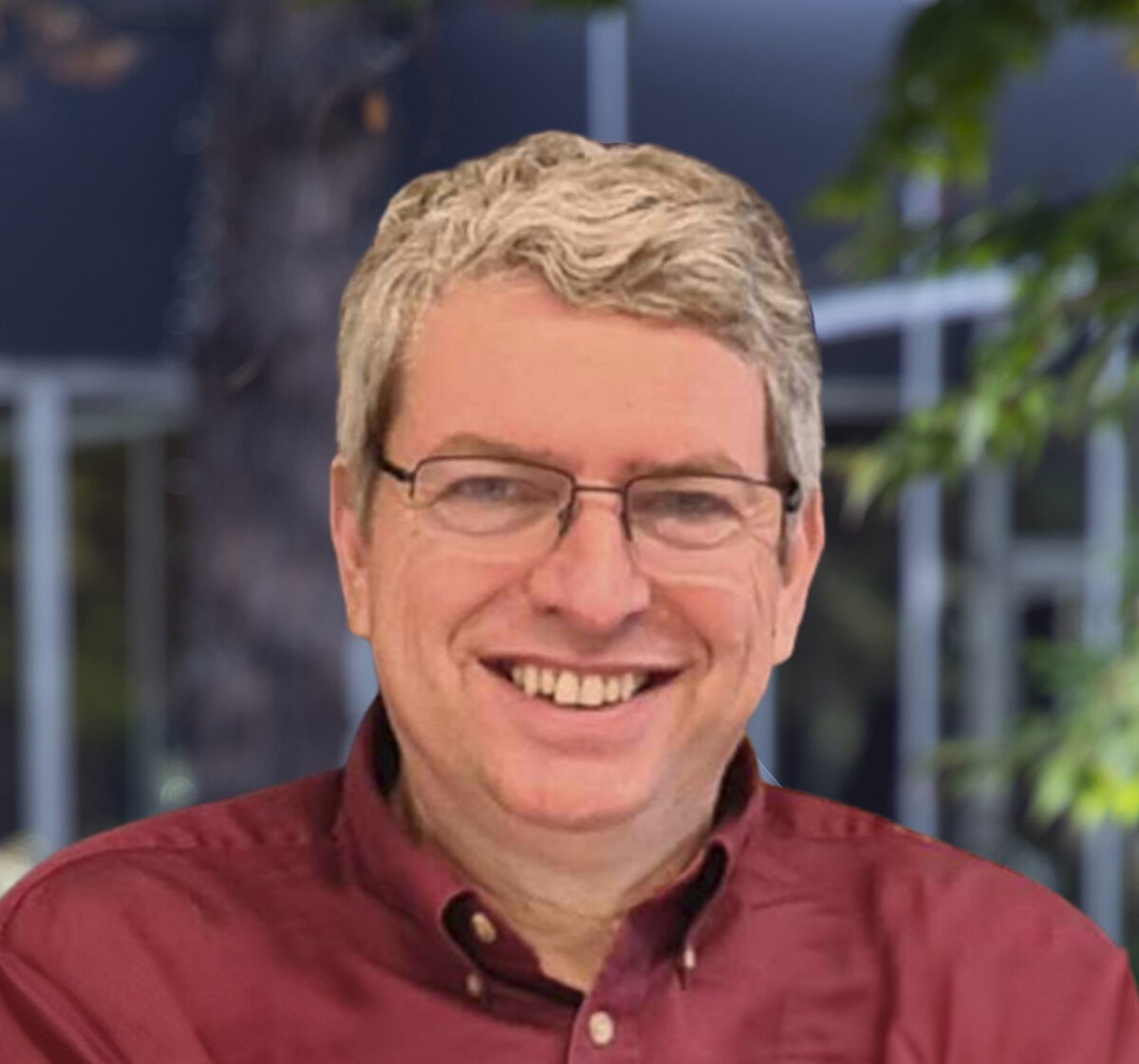
Yuval
Boger
Panel 1: AI, Quantum and the Impact of Error Correction
Yuval Boger is the Chief Commercial Officer of QuEra Computing, the leader in neutral-atom quantum computers. Before QuEra, he has served as CEO and CMO of frontier-tech companies from seed to NASDAQ in markets including quantum computing software, wireless power, enterprise software, and virtual reality. He is the host of the Superposition Guy’s Podcast. Yuval received a M.Sc. in Physics from Tel-Aviv University and an MBA from Northwestern University.
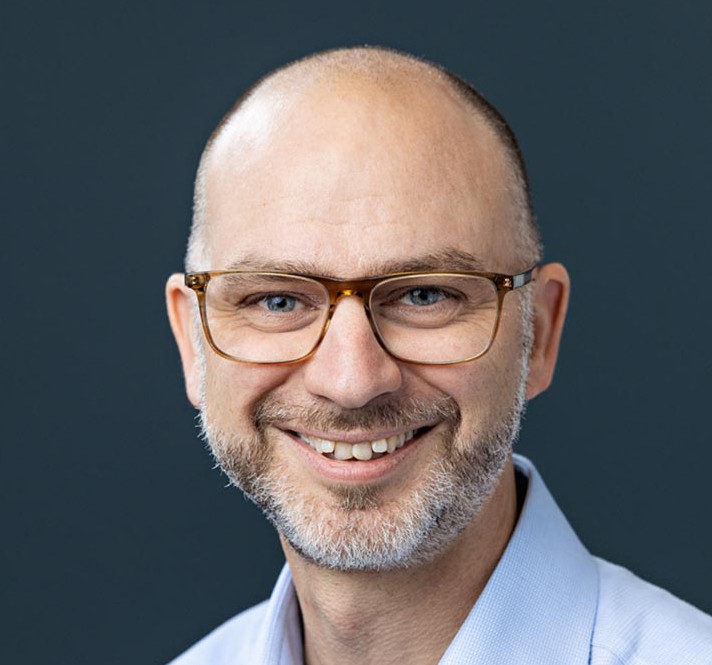
Steve
Brierley
Panel 1: AI, Quantum and the Impact of Error Correction
Steve Brierley founded Riverlane in 2016 to build the error correction stack for quantum computers. Driven by his conviction that fault-tolerant quantum computers will accelerate human progress, Riverlane partners with leading quantum hardware companies to make that happen sooner.
Steve has worked in quantum for over 20 years and is an expert advisor to the UK government. He holds a PhD in quantum information, spent a decade in the intelligence community and worked as a Senior Research Fellow at the University of Cambridge leading major research projects in quantum computing. In January 2024, Steve was awarded an OBE for his services to quantum computing.
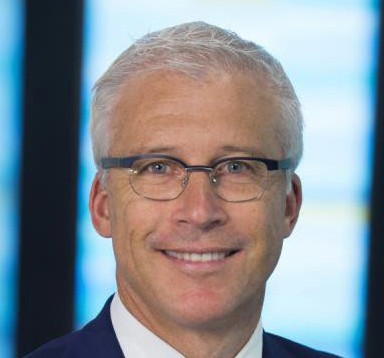
Charles
Bruce
Medical Director, Mayo Clinic Innovation Exchange
Talk 7: Use Cases for Quantum AI in Healthcare
Dr. Charles Bruce serves as Chief Innovation Officer for Mayo Clinic Florida. He also serves as the Medical Director of the Innovation Exchange. He is a practicing cardiologist, as well as a researcher, inventor, and professor of Medicine. His unique perspective into the challenges of health care delivery is shaped by his medical experiences in South Africa and the United States. Dr. Bruce is an accomplished innovator, holding more than 60 issued patents for medical inventions and was named the Mayo Clinic Distinguished Inventor in 2023.

Samuel Yen-Chi
Chen
Talk 16: Self-Programming Quantum AI: Architectures for Scalable Intelligence
Samuel Yen-Chi Chen is a Lead Research Scientist at Wells Fargo, pioneering the frontier of Quantum Machine Learning (QML), Quantum Reinforcement Learning, and Quantum Architecture Search. With a Ph.D. in Physics and deep expertise across quantum AI, high-performance computing, and scalable algorithm design, he has authored over 60 publications in IEEE, APS, IOP, and top-tier AI conferences.
Samuel is internationally recognized for his contributions to Quantum Reinforcement Learning (QRL), Quantum Long Short-Term Memory (QLSTM), Quantum Fast Weight Programming, and Differentiable Quantum Architecture Search (DiffQAS), forming a unified framework towards self-programming quantum intelligence.
He has led workshops and tutorials across major IEEE conferences, including ICASSP, ISCAS, FUZZ, QCE, GLOBECOM, WCNC, ICC, and IJCNN, actively shaping the global discourse on hybrid quantum-classical systems. His current research focuses on building self-evolving quantum agents, structure-aware quantum neural architectures, and scalable frameworks for time-series learning, reinforcement learning, and next-generation communication infrastructures.
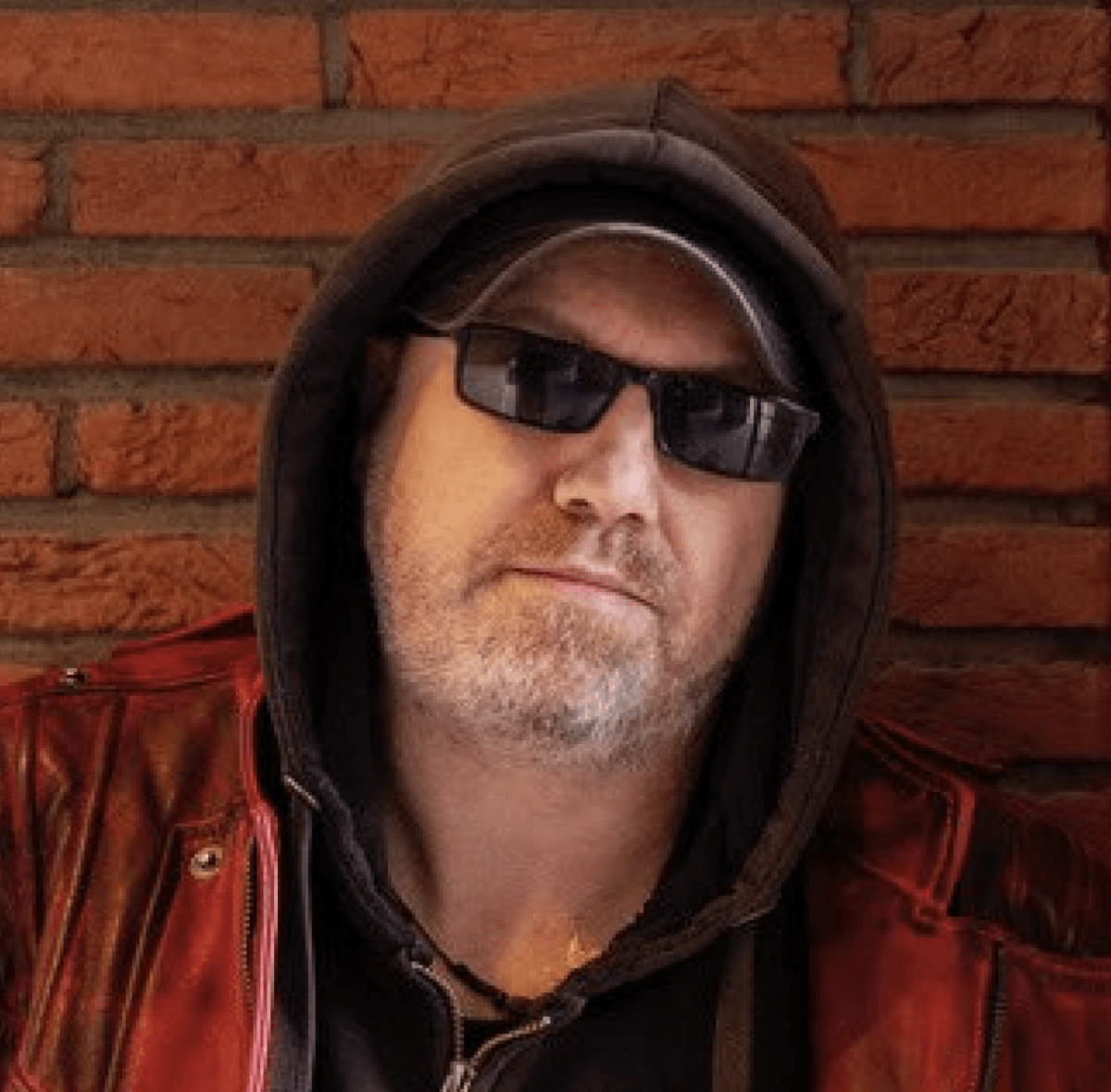
Bob
Coecke
Talk 6: Understanding and Scaling Useful Quantum NLP
Bob Coecke is Chief Scientist at Quantinuum, Distinguished Visiting Research Chair at the Perimeter Institute for Theoretical Physics, Emeritus Fellow at Wolfson College Oxford. Previously he was Professor of Quantum Foundations, Logics and Structures at the Department of Computer Science at Oxford University, where he was 20 years, and co-founded and led a multi-disciplinary Quantum Group that grew to 50 members and he supervised close to 70 PhD students. He pioneered Categorical Quantum Mechanics (now in AMS’s MSC2020 classification), ZX-calculus, DisCoCat natural language meaning, mathematical foundations for resource theories, Quantum Natural Language Processing, and DisCoCirc natural language meaning. He co-authored Picturing Quantum Processes and Quantum in Pictures. He was the first person to have Quantum Foundations as part of his academic title. He received the IEEE LiCS test-of-time award.
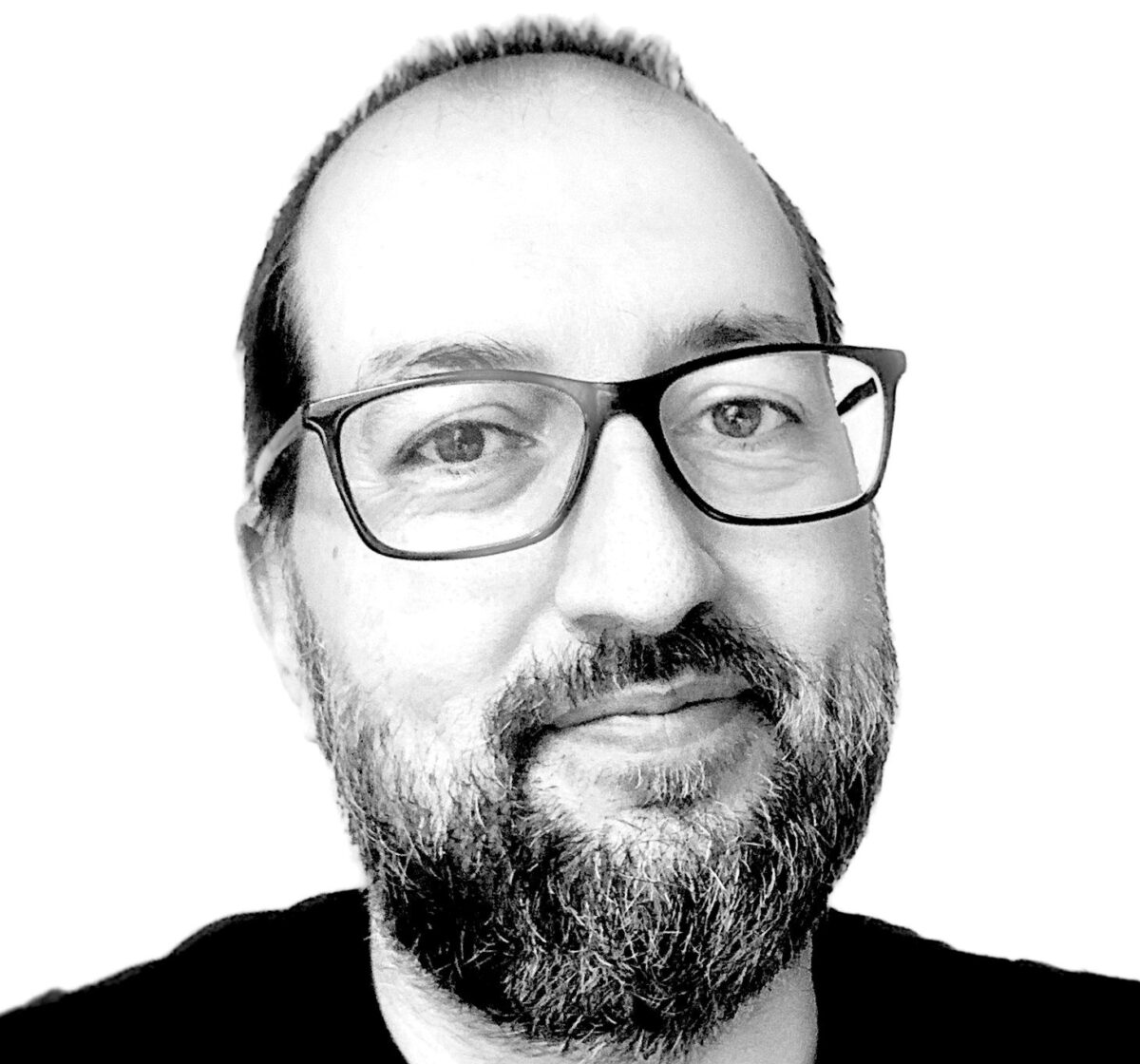
Ismael
Faro
Talk 4: Improving Quantum Computing with AI: A 2025 Update
Ismael Faro is the Vice President of Quantum Services and Data at IBM. Ismael Faro serves as the Vice President of Quantum Services and Data at IBM Research, where he has been recognized as a Distinguished Engineer for his significant technical contributions. In 2016, Faro played a pivotal role in architecting the IBM Quantum Experience, the world’s first public Quantum Cloud platform. He is also renowned as one of the original contributors to Qiskit, the open-source quantum computing software development framework.
In his current role, Faro leads the development of Quantum Cloud services and middleware that bridge classical and quantum computation. He spearheads strategic initiatives at the intersection of Artificial Intelligence (AI) and Quantum computing, with recent projects focusing on harnessing AI to optimize critical components of the quantum software stack.
Faro’s team is at the forefront of defining and integrating next-generation Quantum and High-Performance Computing (HPC) architectures. Their work is instrumental in advancing the field of quantum computing and its practical applications in research and industry.
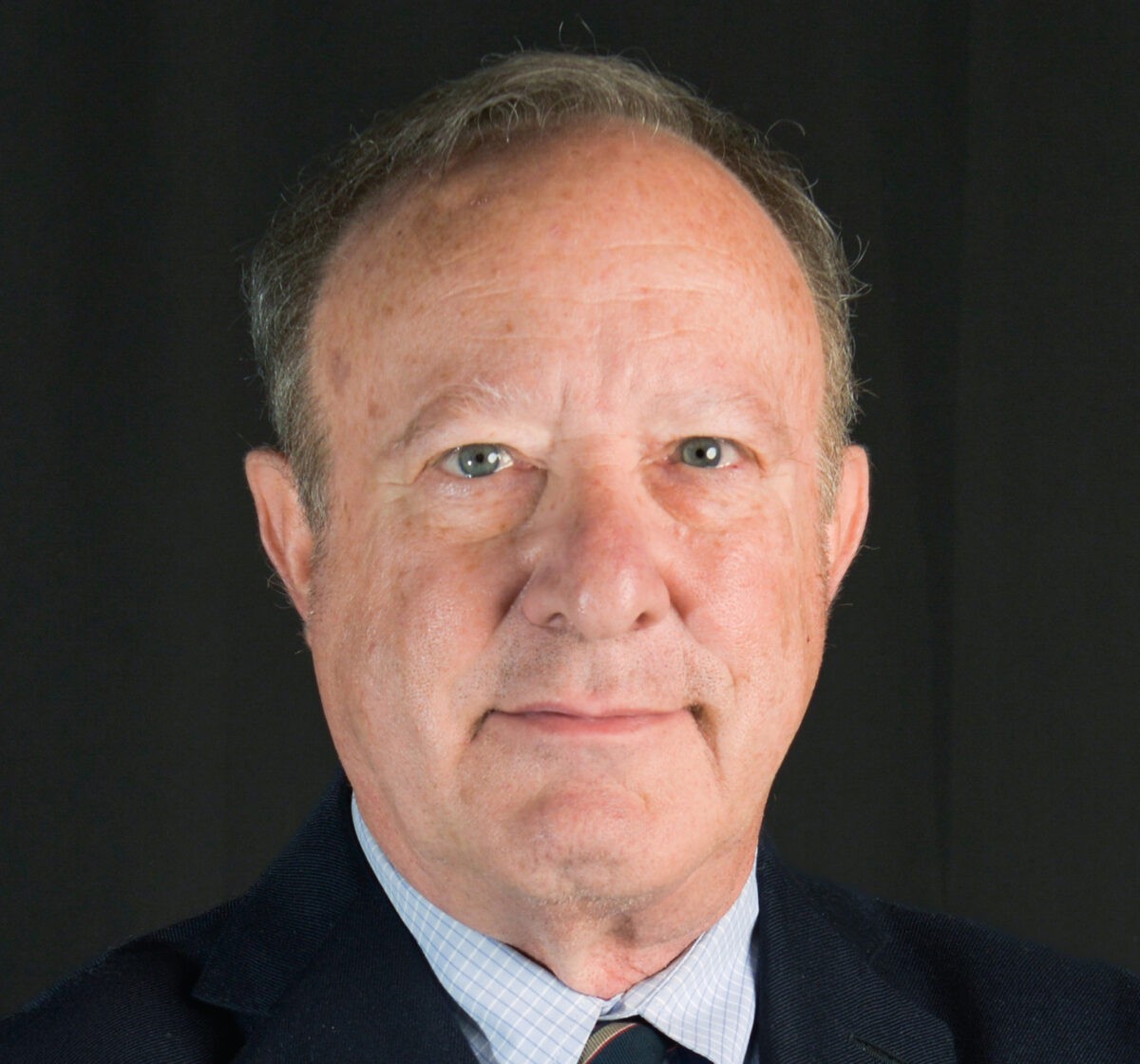
Doug
Finke
Managing Editor, Quantum Computing Report
Panel 3: Use Cases for Quantum AI in Chemistry and Pharma
Talk 14: Quantum SDKs are Dying, Long Live Quantum AI SDKs
Doug Finke is the Chief Content Officer for Global Quantum Intelligence (GQI), a leader in business intelligence focused on the quantum industry. GQI was formed as a merger between three quantum analyst organizations including the Quantum Computing Report (QCR), which Doug founded in 2015. Previously, Doug was employed in the computer, semiconductor, and storage industries for over 30 years where he helped drive the growth of many new technologies during this period. Doug has served as the Chief Operating Officer of the startup company, IntelliSense and helped sell the company at a valuation of $750 million. As Vice-President of Marketing and Business Development at the semiconductor startup ChipWrights, Doug helped raise $25 million in venture capital funding. Other important firms for whom Doug has worked include IBM, Intel, and HGST/Western Digital. Doug holds degrees in computer engineering and management from the University of Illinois and MIT, respectively.
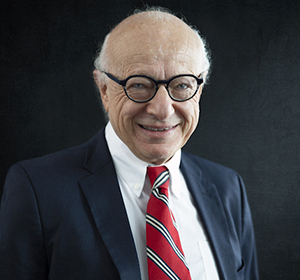
Lawrence
Gasman
CONFERENCE OPENING
Panel 11: Emerging Markets for Quantum Robotics?
Lawrence Gasman is the founder and President of Inside Quantum Technology. He has authored industry analysis reports on quantum key distribution, quantum computing, quantum networks, and quantum sensors and numerous studies on high-speed interfaces for high-performance computers. He also served on a panel at the Q2B conference in 2017; the first ever business-oriented quantum computing conference. Lawrence has been tracking commercialization of new technologies for 35 years and has written four books in this area. His consulting work has included both major multinationals and high-tech start-ups as clients and he has also carried out due diligence work for investment banks, venture capitalists and leading management consulting firms.
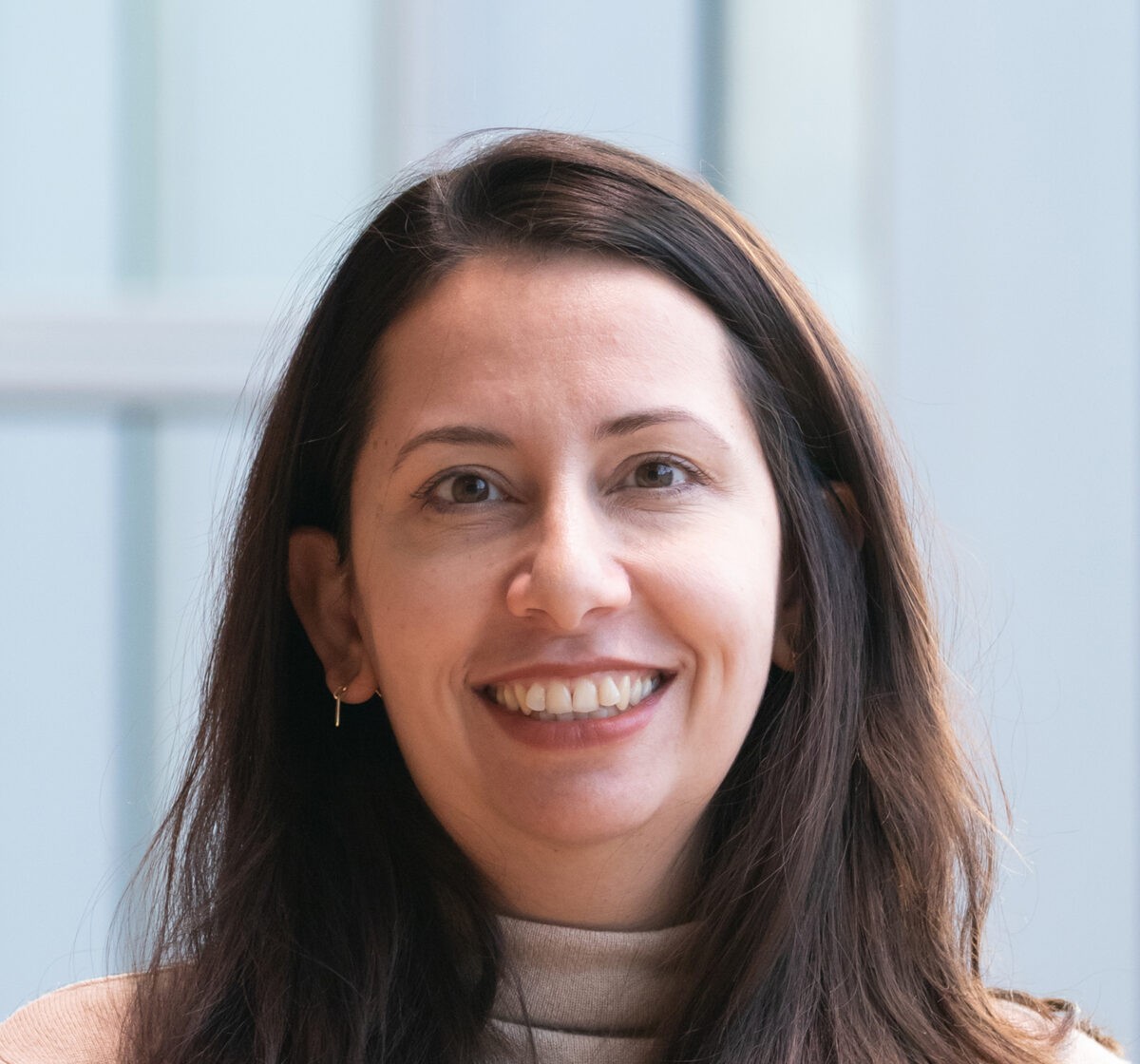
Nadia
Haider
Panel 1: AI, Quantum and the Impact of Error Correction
Since 2015, Nadia Haider has served as a lead scientist at QuTech, where she has led a team of scientists, engineers, and students focused on the design and analysis of superconducting qubit and processor. She was the principal investigator responsible for the design and simulation of the Starmon qubit, which has been the primary transmon architecture used in all of QuTech’s and Intel’s transmon-based quantum processing units (QPUs) since 2016. Nadia received her M.Sc. and Ph.D. degrees in Electrical Engineering from Delft University of Technology in 2010 and 2015, respectively. Following her Ph.D., she worked at the Netherlands Organization for Applied Scientific Research (TNO) and QuTech as a lead scientist. From 2015 to 2023, she also served as a Research Scientist at TNO Defence, Safety and Security in The Hague, The Netherlands. In this role, she led the defence quantum sensing program, collaborating closely with defence industries, research institutions, and government agencies across the Netherlands, Europe, and the United States. In August 2023, Nadia became a group leader at QuTech and in the Department of Microelectronics at Delft University of Technology. She is the recipient of a prestigious Delft Technology Fellowship for her research on quantum technology.
Nadia played a key role in drafting a National Growth Fund proposal for Quantum Delta NL (QDNL), focused on advancing quantum technology in the Netherlands. Her scientific interests include superconducting qubit design, cryogenic microwave circuit design, and simulation for quantum processors and sensors.
She lives in The Hague with her husband and two sons. In her free time, she enjoys Pilates and gardening.

Mohammed
Hassan
Panel 9: Using AI to Design Quantum Computers
Dr. Hassan is establishing the PetaQuantum, a company dedicated to developing the first prototype of a petahertz quantum phototransistor. He is recognized for pioneering several breakthroughs in ultrafast optoelectronics, including attosecond (petahertz) all-optical switches, digital data encoding on ultrafast laser pulses, and the development of petahertz-encoded quantum cryptographic communication systems.

Troy
Jensen
Panel 8: CEO Roundtable
Troy serves as a Senior Research Analyst with expertise in high-growth technology stocks. He has over two decades of equity research experience following sectors such as 3D printing, unmanned aircraft, robotics, optical components, networking equipment, and RFID. Before joining Lake Street, Troy was a Senior Research Analyst at Piper Sandler for 15 years. He also worked at ThinkEquity Partners and RBC Capital Markets. Prior to his career in equity research, he worked as a Futures and Options Administrator at Cargill and spent six years in the Navy. Troy earned a BA degree from the University of Minnesota – Carlson School of Management. He is a CFA charterholder.
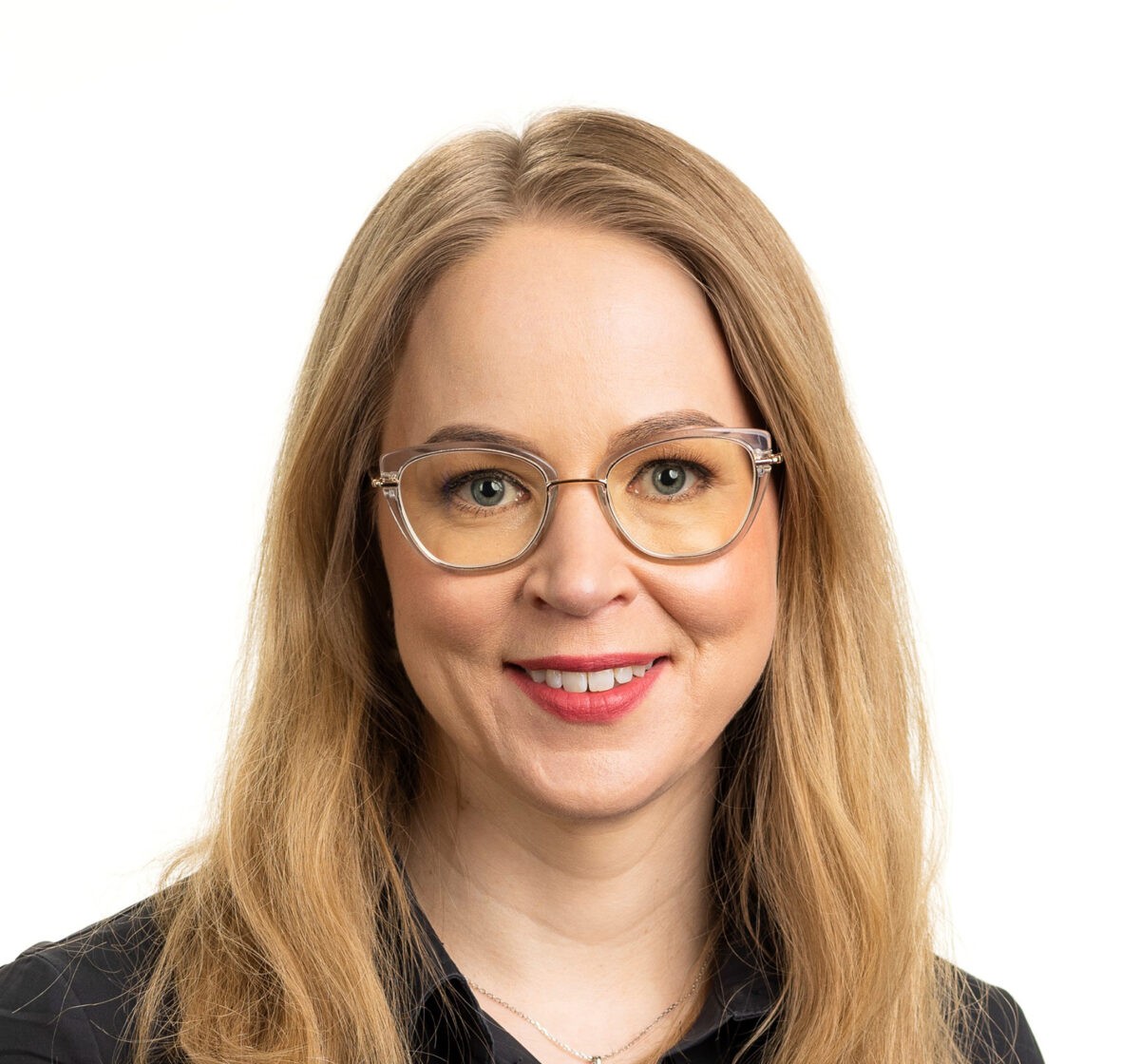
Piia
Konstari
Talk 10: How Quantum Computing and AI Contribute to the Development of Next Generation Semiconductors
Piia Konstari is the Director of Microfabrication Services at VTT with a passion in turning research into business. She looks for exceptional opportunities and creates strategic commercial partnerships in the field of microelectronics and quantum technologies. Piia has a background in sales and business development both from VTT as well as from the semiconductor industry. Piia holds a degree in MSc (Tech) in Electronics and Electrical Engineering from the Technical University of Helsinki.
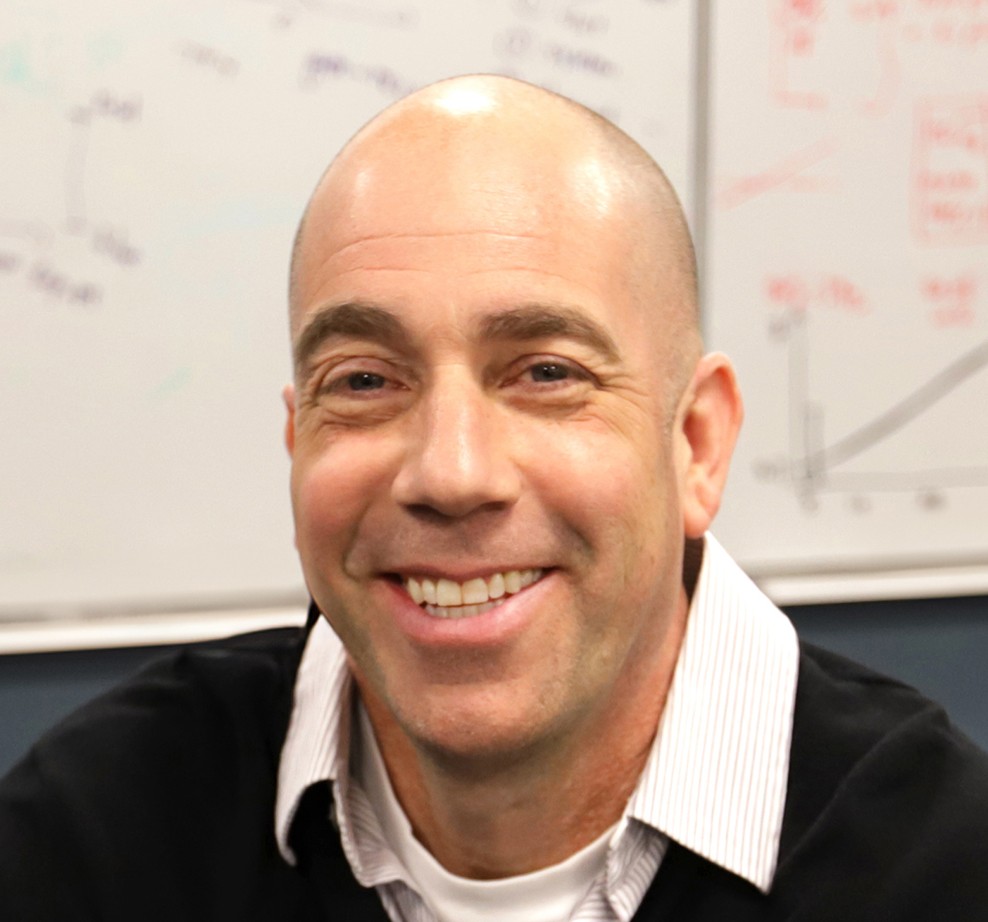
Ethan
Krimins
Talk 11: AI with Quantum Integration for Supply Chain Applications
Ethan Krimins leads Quantum Research Sciences (QRS), which is focused on the discovery, development & delivery of practical quantum software. Ethan has over 30 years of classical & quantum computer science, IT and programming experience. Ethan manages Quantum Computing and Quantum Information Technologies for QRS, which is the first company to achieve a Phase III federal contract in quantum computing and the first company to operationalize a quantum software. QRS is based in Lafayette, Indiana and affiliated with the Purdue University Quantum Science and Engineering Institute. Ethan has a Mathematics undergrad from the University of Rochester and a MBA from Columbia University.
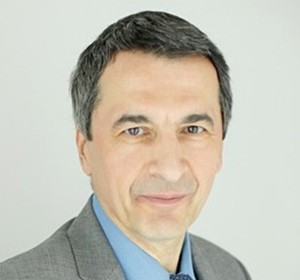
Zoran
Krunic
Panel 3: Use Cases for Quantum AI in Chemistry and Pharma
Since joining Amgen R&D in 2018, Zoran Krunic has been at the forefront of applying Machine Learning to enhance patient outcomes and streamline clinical trial enrollment processes, utilizing comprehensive Electronic Health Records and clinical datasets. His pioneering work in the Quantum Machine Learning space, in collaboration with IBM’s Quantum team, has been instrumental in integrating machine learning with quantum computing through IBM’s Qiskit platform, as it was presented in the paper: “Quantum Kernels for Real-World Predictions Based on Electronic Health Records”: https://ieeexplore.ieee.org/abstract/document/9779984. Most recently, he co-authored his second paper in quantum computing in collaboration with QuEra: “Robust Quantum Reservoir Computing for Molecular Property Prediction”: https://arxiv.org/html/2412.06758v1.
Building on these foundations, Zoran has broadened his research scope to deepen the study of quantum kernels, scrutinizing their effects on the variability and reproducibility of small clinical datasets. Additionally, he has launched several innovative projects within the quantum computing sphere. These initiatives go beyond quantum kernels, delving into various facets of Quantum Machine Learning (QML) and the wider Quantum Computing disciplines, all aimed at advancing the integration of Quantum Computing within pharmacology.
Prior to his tenure at Amgen, Zoran developed Machine Learning algorithms at Optum to predict hardware and software failures within complex enterprise architectures. He has a strong background in data engineering and systems development, having contributed significantly to large-scale projects at renowned organizations such as Capital Group and ARCO Petroleum.
In his current full and part-time endeavors, Zoran is leading the efforts in embracing generative AI technologies, with a particular focus on OpenAI’s GPT and Anthropic’s Claude models. His work is focused on prompt engineering and its application to code generation, advanced document analysis, and process management, with a commitment to ethical AI practices and data privacy. Most recently, the work has expanded to include reproducibility and the potential for auto-labeling using generative AI.
A recognized voice in quantum computing circles, Zoran is a regular presenter at industry conferences and has served on numerous panels discussing the integration of quantum computing and generative AI within the Health Sciences sector, with a firm belief that the integration of these new technologies will be deep and comprehensive.
With a Master of Science in Electrical Engineering & Computer Science, Zoran continues to explore and contribute to the evolving relationship between quantum computing and artificial intelligence, fostering groundbreaking advancements in healthcare technology.
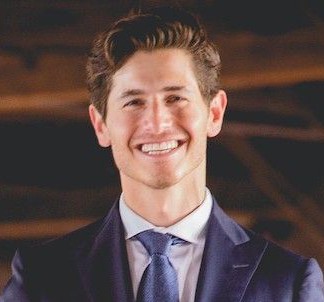
Evan
Kubes
Panel 6: VC and Investment Roundtable
Evan Kubes is a Canadian lawyer turned entrepreneur who now leads Resonance, the parent company behind The Quantum Insider. He plays a key role in shaping the global tech intelligence strategy across Resonance’s platforms.
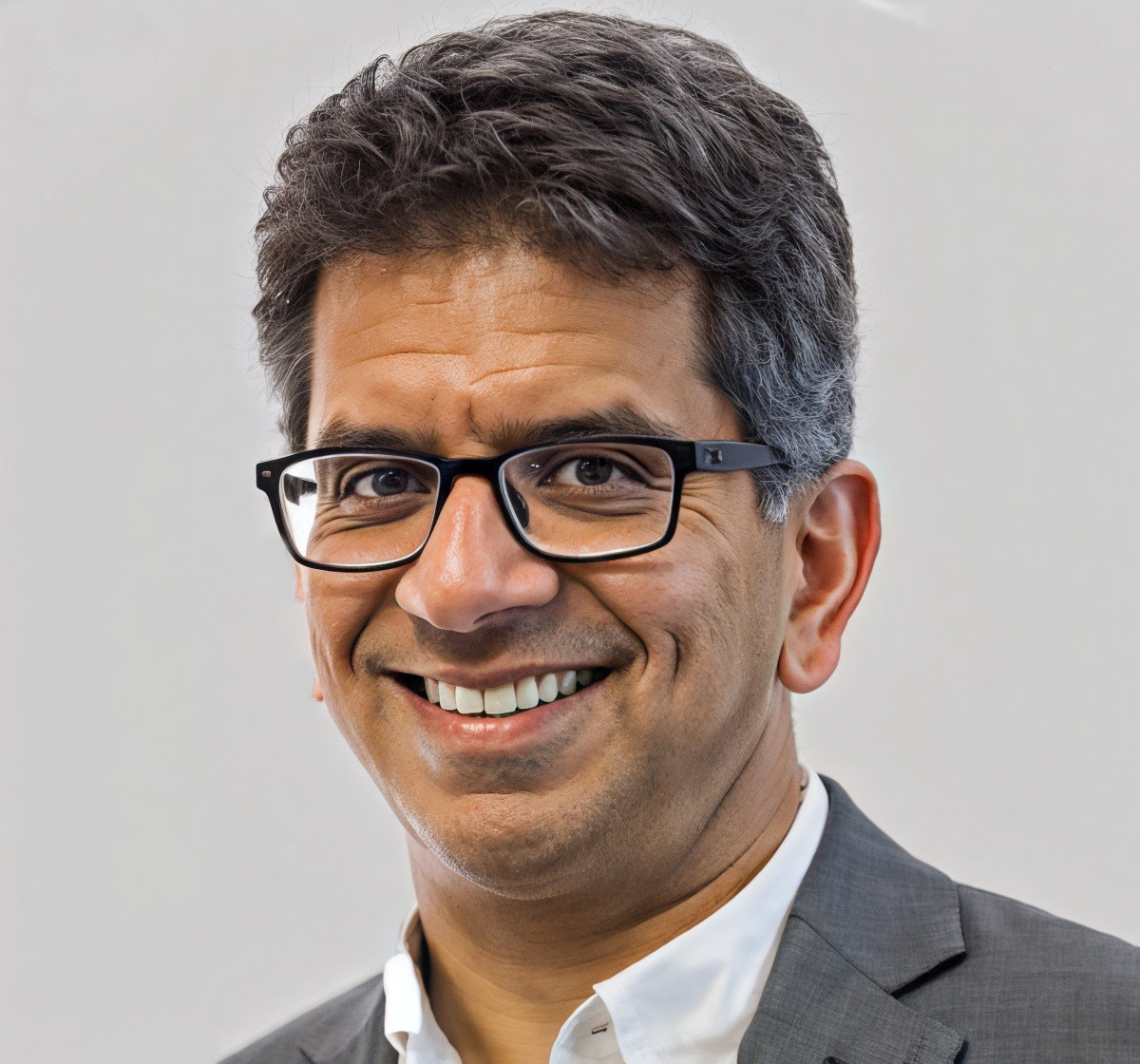
Subodh
Kulkarni
Panel 8: CEO Roundtable
Dr. Kulkarni has served as President and Chief Executive Officer at Rigetti since December 2022. Dr. Kulkarni is a seasoned public company CEO with thirty-plus years of experience in the semiconductor industry and a track record of success in scaling and commercializing cutting-edge technologies. Prior to joining Rigetti, Dr. Kulkarni was President, CEO, and member of the Board of CyberOptics Corporation, a developer and manufacturer of high precision sensors and inspection systems for the semiconductor and electronics industry. He held these roles from 2014 until CyberOptics was acquired by Nordson Corporation in November 2022. Prior to CyberOptics, Dr. Kulkarni was CEO of Prism Computational Sciences, a developer of software tools for scientific and commercial applications in the semiconductor industry. Earlier in his career, he held additional leadership positions, including Chief Technology Officer and Senior Vice President of OEM/Emerging business, global commercial business, R&D and manufacturing at Imation, a global scalable storage and data security company. Dr. Kulkarni began his career in research and management positions with 3M Corporation and IBM. He received his B.S. in chemical engineering from the Indian Institute of Technology, Mumbai, and later obtained a M.S. and Ph.D. in chemical engineering from MIT. Dr. Kulkarni currently serves on the Board of KeyTronic Corporation, a publicly traded electronics manufacturing services company, as well as Chairman of the Board for Prism Computational Sciences.
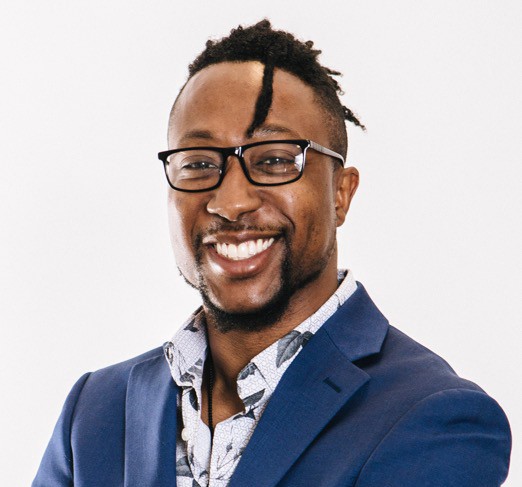
Anthony
Lawrence
Panel 5: Applications for Quantum AI in the Government, Military, and Intelligence Services
Talk 12: The Quantum Feedback Loop: How AI is Accelerating Practical Quantum Computing
Anthony (Tony) Lawrence is a visionary leader and quantum technologist, serving as the CEO of Light Rider Inc., a quantum computing company at the forefront of quantum algorithm development, cryptography, and quantum-powered infrastructure. With a background rooted in military intelligence and cyber defense, Tony has emerged as a trailblazer in quantum software development, designing platforms that bridge theory and deployment for real-world impact.
Under his leadership, Light Rider has launched a suite of advanced quantum technologies including:
- CatChat – an AI user interface that acts as an operating system for quantum computers; Synthetic data repositories for Text, Images & Video, Audio, Sensor Data, and User Behavior Data
- QPasswords – a credential vault that leverages quantum entropy from Rigetti QPU’s & QVM’s to generate unbreakable authentication keys and passwords
- Quantum Light – a next-generation Quantum Random Number Generator (QRNG) integrated with LIFI transmission for ultra-secure wireless communications.
Tony’s technical contributions span quantum algorithm design, QRNG entropy validation, QAOA optimization, and hybrid quantum-classical machine learning. He has hands-on development experience with Quil, Q#, pyQuil, Qiskit, and Azure Quantum, with deployment across Rigetti QPUs and AWS Braket. He has advanced error mitigation techniques for NISQ-era systems, including readout noise suppression and entanglement entropy modeling.
A recognized advocate for open source innovation, Tony collaborates closely with leading academic institutions, government agencies, and emerging quantum startups, mentoring the next generation of quantum engineers, influencing policy, and shaping the future of quantum software development. Whether architecting entropy-hardened security protocols or engineering quantum-enhanced optimization algorithms, Tony Lawrence is at the forefront of a new computational era; where photons, qubits, and ultra-fast logic converge to redefine the foundations of digital trust.
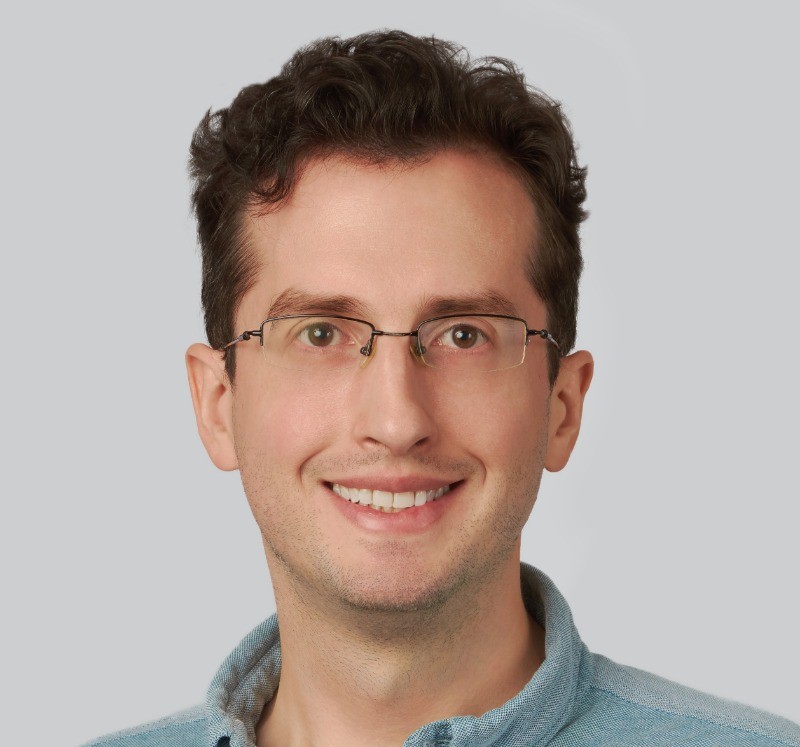
Stefan
Leichenauer
Talk 8: Quantum AI and Sensors
Dr. Stefan Leichenauer is the Vice President of Engineering and lead scientist at SandboxAQ. Stefan joined the Sandbox team at Alphabet as its first employee to bring AI and Quantum technologies to real-world applications, initiating all of the projects that have become the SandboxAQ product portfolio. He recruited teams of engineers and scientists to further develop the SandboxAQ products and became head of Research and Engineering, overseeing all of their projects. Today, he drives all product development at SandboxAQ. Stefan is also the bridge between the engineering and business/strategy divisions of SandboxAQ and works closely with the partnerships team to craft external engagements.
Stefan received his Ph.D. in Physics from UC Berkeley and has held positions in Physics at UC Berkeley and Caltech as a leading researcher. He maintains a close connection with academia through the SandboxAQ Ph.D. Residency and Postdoc programs.

Cedric
Leighton
Panel 5: Applications for Quantum AI in the Government, Military, and Intelligence Services
Colonel Cedric Leighton, USAF (RET), is a CNN Military Analyst and a retired US Air Force Colonel. In this capacity he provides on-air commentary on military, intelligence and international security issues to CNN’s US and international audiences. His analysis of the wars in Ukraine and Gaza, as well as the civil war in Syria, has been an integral part of CNN’s coverage since the start of those conflicts. He is a founding partner of CYFORIX, a cyber risk and security solutions consultancy, and the Chairman of Cedric Leighton Associates, LLC, a global strategic risk consultancy.
In addition to CNN, Colonel Leighton has appeared on numerous global television and radio networks, including PBS, the BBC, Times Radio (UK), Australia’s Seven Network, Australia’s ABC Radio, CCTV (China), RCN and Radio W of Colombia, Al Jazeera, ARD and ZDF (German TV), Bloomberg, CNBC, Fox News Channel, Fox Business Network, MSNBC, Sky News (UK) and TRT (Turkish TV). He has been quoted in the New York Times, Wall Street Journal, Los Angeles Times, the Boston Globe, France’s Le Figaro, Correio Braziliense, Portugal’s Expresso, Spain’s La Razon, Ukraine’s http://Liga.net , as well as C4ISR Magazine and ADS Advance. Colonel Leighton has written for several publications, including The Hill and Leadership Excellence Magazine. He is a frequent speaker at SecureWorld conferences and contributor to the cybersecurity organization’s podcasts and articles.
Prior to founding his strategic risk consultancy, Colonel Leighton served for 26 years as an Intelligence Officer in the US Air Force. During this period, he deployed five times to the Middle East, served at US Special Operations Command, directed specialized intelligence efforts during combat operations, witnessed the fall of the Berlin Wall, was a Squadron Commander and served twice at the Pentagon, first on the Air Staff and, later, on the Joint Staff, where he became the Deputy Director for Warfighter Support and Integration within the Intelligence Directorate. His last military assignment was as the Deputy Training Director for the National Security Agency, where he championed training initiatives for the nation’s cyber warriors.
His awards and decorations include the Defense Superior Service Medal, the Bronze Star, the Defense Meritorious Service Medal, seven Meritorious Service Medals and the Humanitarian Service Medal. He was a Distinguished Graduate of the US Air Force Reserve Officer Training Corps and received the Joint Specialty Officer designation.
Colonel Leighton graduated magna cum laude from Cornell University and holds a Master’s Degree in International Studies from Angelo State University.

John
Levy
Talk 2: Quantum AI from a Chip Perspective: QPUs, GPUs and When?
Mr. Levy is the CEO and co-founder of SEEQC, a quantum computing chip company based in New York, London and Naples. Mr. Levy served as the Chair of Hypres, a superconductive high-speed computing and RF systems company which spun out SEEQC in 2019.
Mr. Levy was a founding partner of L Capital Partners, a venture capital fund where Mr. Levy led investments in the technology sector. Mr. Levy served as founding CEO of ePlanet, a pioneering computer vision company funded by Intel. During the mid-1990’s, Mr. Levy worked at Interval Research Corporation, a Palo Alto based technology think tank sponsored by Paul Allen.
Over the past 15 years, Mr. Levy has been a frequent lecturer at Columbia University Business School and recently at the new Quantum Information Sciences program. He received an A.B. from Amherst College and an MBA from Harvard Business School.

Paul
Lipman
Panel 5: Applications for Quantum AI in the Government, Military, and Intelligence Services
Paul is Chief Commercial Officer at Infleqtion (previously ColdQuanta), where he leads global productization and revenue growth efforts at the cutting edge of quantum technology. Paul previously led multiple successful cybersecurity companies to exit as CEO and has extensive experience leading complex global organizations and transforming cultures, sales execution and innovation delivery. He has an MBA from Stanford’s Graduate School of Business, and a BSc in Physics from the Victoria University of Manchester, England.
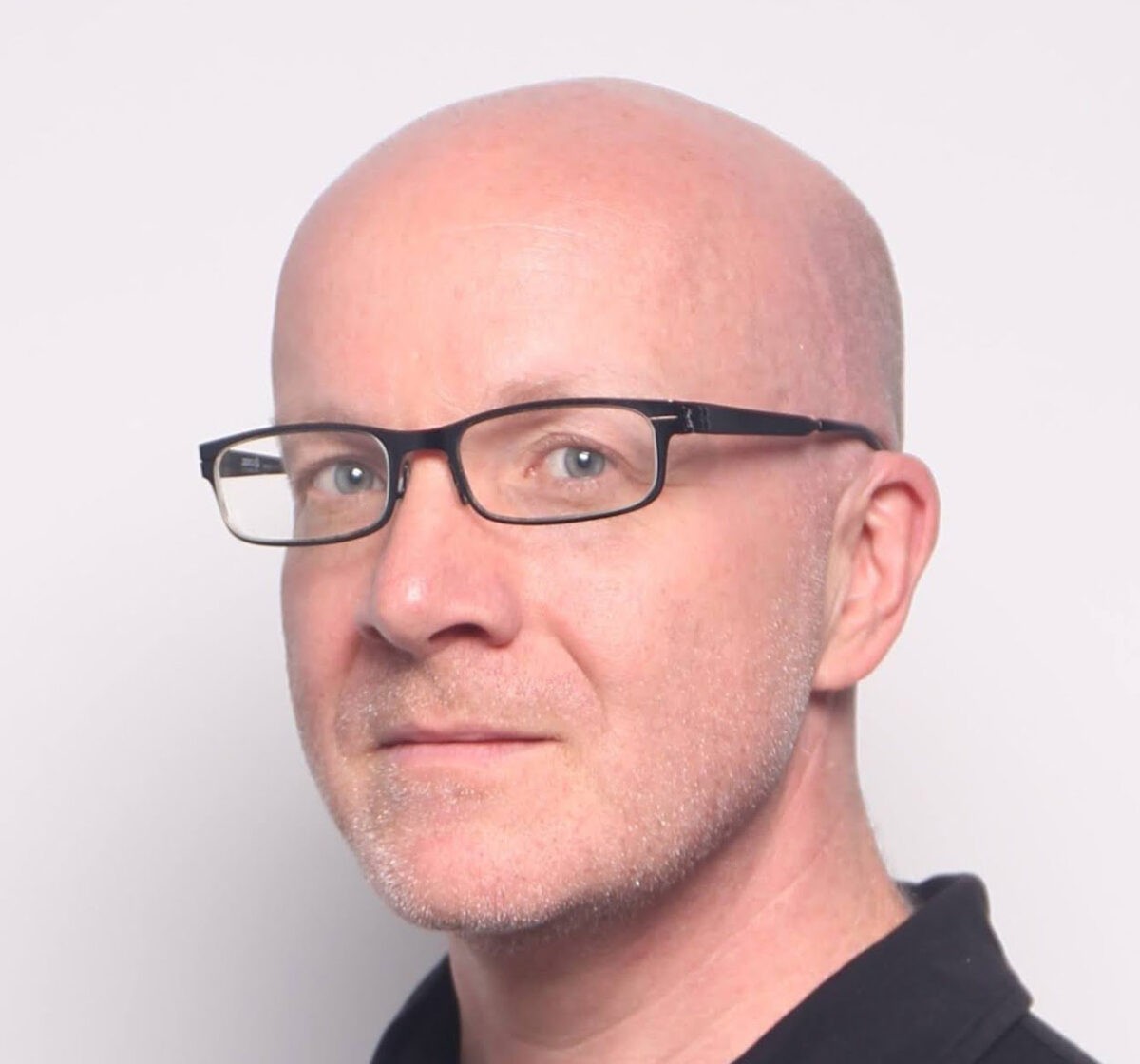
Andrew
McLaughlin
Keynote
Andrew McLaughlin is Chief Operating Officer at SandboxAQ. A 2022 spin-out from Google, SandboxAQ combines AI Large Quantitative Models (LQMs) and deep expertise in quantum physics and chemistry to address challenging problems in a range of areas, including cybersecurity (e.g., post-quantum cryptography and critical infrastructure protection), life sciences and healthcare (drug development and medical diagnostic devices), materials science & manufacturing (rapid prototyping of new materials and chemicals), and magnetic navigation (GPS-free geolocation using quantum sensors).
Andrew is a co-founder and partner at Higher Ground Labs, a startup accelerator and venture investor that backs and builds for-profit startups that strengthen democratic institutions and help pro-democracy candidates win election campaigns and policy fights. Since 2017, HGL has seed-invested in more than 65 amazing startups, led numerous Series A rounds and follow-on financings, and accelerated our portfolio’s growth, scaling, revenue, and product development. In 2023, HGL launched a pioneering AI Lab, focusing on marshaling AI to bolster democracy and the rule of law.
Andrew also serves as senior advisor to Radia, a clean energy company working to radically expand the scope and scale of onshore wind. Radia enables significantly larger onshore wind turbines by building and operating a fleet of the world’s largest cargo aircraft, customized to carry 100m+ turbine blades and components and able to land on dirt runways at wind farm sites just about anywhere, including difficult-to-access and low-wind areas where large blades are needed to generate cost-effective and reliable wind power. Radia’s mission is to achieve a major advance in decarbonization: more onshore wind in a wider array of locations, delivering more clean electrons and more green molecules at low cost.
From 2019-2023, Andrew McLaughlin served as founding President & COO of Assembly OSM, a fast-growing, venture-backed startup working to transform the way we construct urban buildings. Using advanced digital design and an innovative, manufacturing-based direct-to-fabrication-and-assembly delivery system, Assembly is building greener, higher-quality, more affordable high-rise housing in dramatically less time than conventional construction. Andrew continues as an advisor to Assembly OSM.
Andrew is a venture partner at betaworks, a technology and media startup studio and venture investor based in NYC.
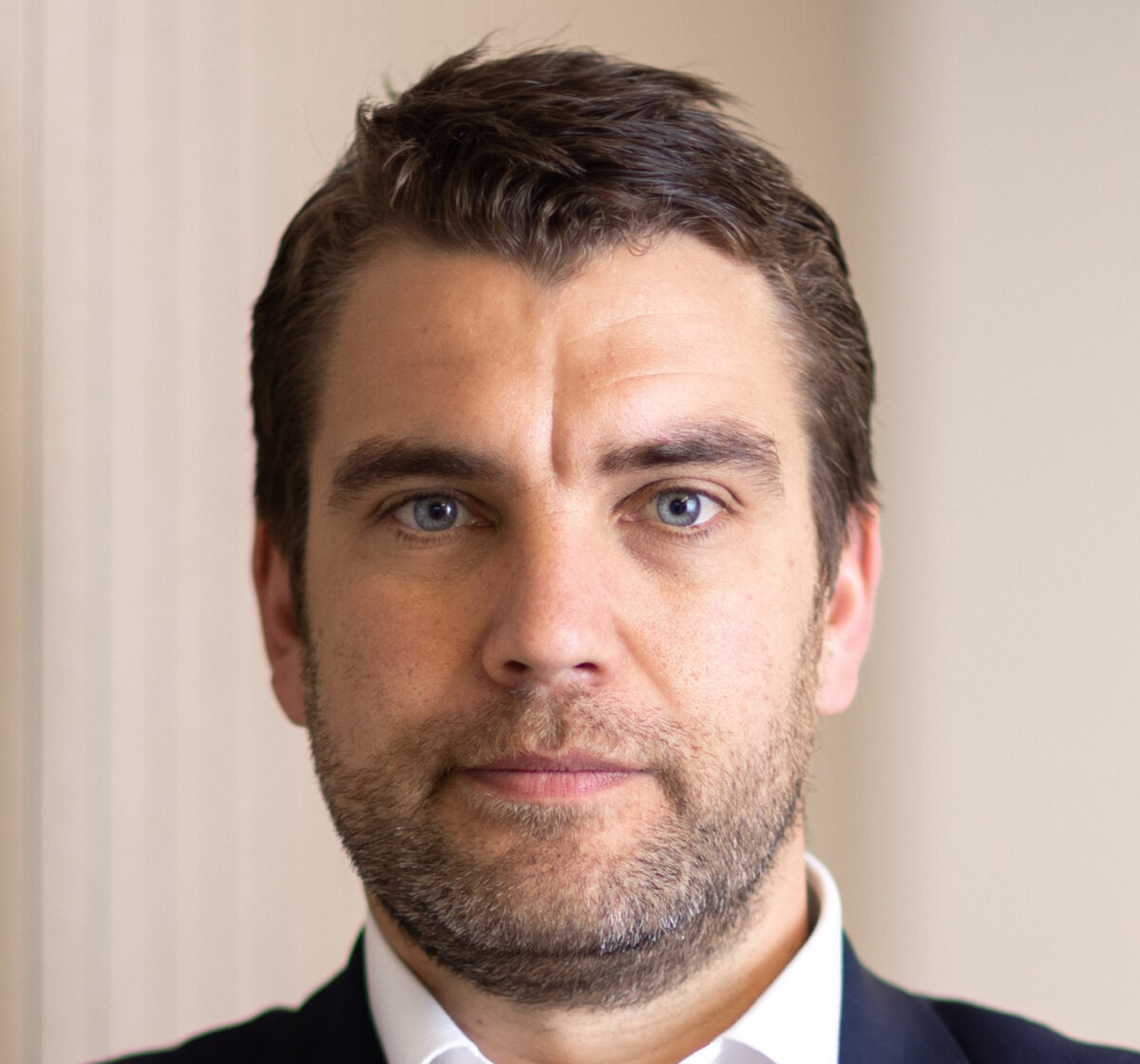
Richard
Murray
Panel 3: Use Cases for Quantum AI in Chemistry and Pharma
Panel 8: CEO Roundtable
Richard co-founded ORCA Computing in 2019. He is an accomplished business executive and technologist with a PhD in quantum atom-optics and over 15 years of experience managing scientific teams working on disruptive early-stage technologies such as quantum, AR/VR and other consumer and industrial applications of photonics. Under his leadership, the company has grown to 45 people, expanded globally and developed a roadmap focused on building a fault-tolerant universal quantum computer. Previously, Richard worked for the UK government alongside Sir Peter Knight creating the £270m UK quantum technologies programme. He was also pivotal in the early stages of the €1 billion EU quantum flagship programme.

Kharen
Musaelian
President / CIO and Co-Founder, Duality Group
Panel 11: Emerging Markets for Quantum Robotics?
Dr. Kharen Musaelian is President and Co-Founder of Qognitive, Inc. and is President / CIO and Co-Founder of Duality Group. In 2016, Kharen shared the https://www.risk.net/. Buy-Side Quant of the Year Award, and has authored research papers in physics, finance, and statistics. Kharen holds a PhD in theoretical physics from University of Rhode Island and MS / BS degrees in theoretical physics from the Moscow Institute of Physics and Technology.
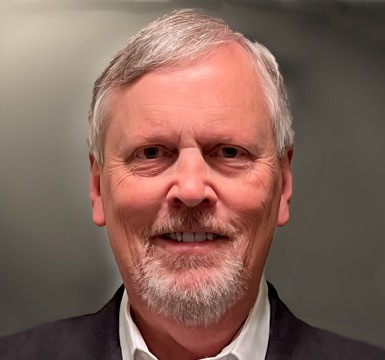
Wil
Oxford
Talk 15: Designing a Quantum-Based Response to ML Cyberattacks
Wil is founder and CEO of Anametric, a quantum photonic cybersecurity-focused startup in Austin, TX.
After receiving his Ph.D. in Biomedical Engineering, Mathematics, and Computer Science from University of North Carolina in 1987, Wil moved from academia to Apple’s Advanced Technologies Group in Cupertino CA, where he worked on mixed-signal IC designs for personal computer use. In 1995, he joined the Apple/IBM/Motorola Design Center in Austin, TX, where he was part of the team that produced several generations of PowerPC CPU designs. After Apple, Wil joined LifeSize Communications, where he led a small team of engineers to design and ship several ground-breaking products within 18 months from the day that he joined the company. LifeSize was acquired by multimedia giant Logitech in 2009.
After LifeSize, Wil founded Rubicon Labs, Inc. and spent the next dozen years developing Rubicon’s ground-breaking Zero-Knowledge IoT security platform.
Wil left Rubicon in 2017 to found Anametric. Anametric works closely with teams at Southern Methodist University in Dallas TX, the Air Force Research Lab in Rome NY and the Army Research Lab in Adelphi MD, to design and build cutting-edge, dual-use quantum photonic systems. Wil is the holder of 49 issued US patents and has many more still pending.
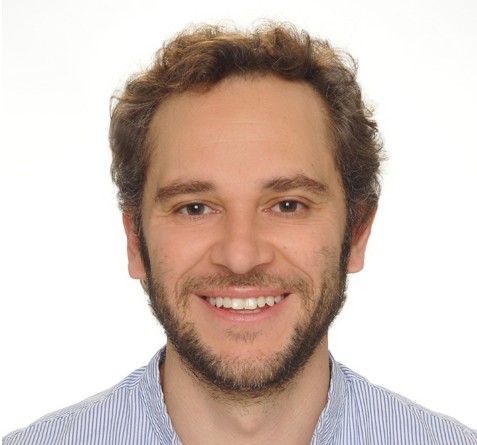
Marco
Paini
Talk 5: Quantum ML for Finance: A 2025 Update
Marco Paini is VP Finance Solutions at Rigetti Computing and focuses on the growth of Rigetti’s financial services practice, including the continued development of proprietary solutions, of an expert team, and of impactful partnerships with finance institutions. Marco has also recently been managing the programme to build the first commercial quantum computer in the UK, a collaboration led by Rigetti and sponsored by Innovate UK with Oxford Instruments, Phasecraft, the University of Edinburgh and Standard Chartered.
Marco previously led quantum computing applications portfolio development of QxBranch, a quantum computing software company acquired by Rigetti in 2019. Prior to QxBranch, Marco spent more than eighteen years with Accenture, where he held several roles in technology. In the last part of his career with Accenture, Marco oversaw the AI ecosystem and the development of the quantum computing offering for the Accenture UKI Financial Services Technology Advisory practice.
Marco studied physics at the University of Pavia, where he collaborated with the Quantum Information Theory Group of the University of Pavia.
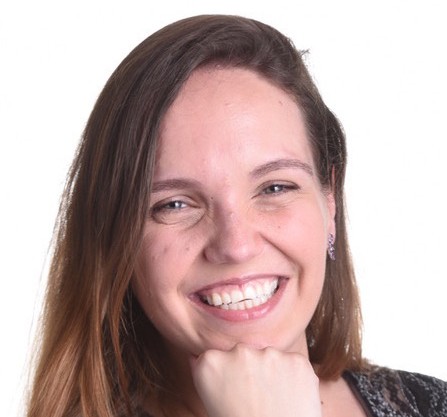
Jennifer
Prendki
Talk 18: QMLOps: The Missing Bridge Between Quantum and AI
Dr. Jennifer Prendki is a quantum physicist turned AI researcher and executive. She currently focuses on the operational frontier of quantum computing and AI.
She previously led the data strategy for DeepMind’s Generative AI division, translating foundational research into production-ready systems at scale. With two decades of experience across research, engineering, and executive leadership, Jennifer has built and led teams at startups and enterprises alike including and is known for pioneering work in data-centric AI, human-in-the-loop ML and AI infrastructure. Her current focus lies in architecting the next-generation infrastructure for Quantum × AI, including quantum data management, quantum observability and QML operations.

Raul
Rodriguez
Panel 9: Using AI to Design Quantum Computers
Dr. Raul Villamarin Rodriguez is a visionary leader in New Age Technologies, specializing in the convergence of cognitive science, AI, and consumer behavior. As Vice President at Woxsen University and a Cognitive Technologist, he has authored over 20 books, 70+ peer-reviewed journals, and 120 practitioner articles across diverse disciplines. Dr. Rodriguez actively shapes the future as a Steering Committee Member for EFMD Global, a Founding Member of the Indian Business Council, and a PRME i5 Expert Pedagogy Group Representative for India. He also serves on the boards of several startups and non-profits, contributing to strategic growth and innovation. An accomplished innovator, he holds patents for systems like the Unified Healthcare Intelligence System (UHIS), Predictive Modeling in Football Talent Identification, and the Intelligent Air Traffic Management System (IAMS). His work focuses on human-technology optimization, consumer behavior analysis, and sustainable solutions in energy, healthcare, and aviation. Dr. Rodriguez’s expertise and research continue to drive transformative change across industries worldwide.
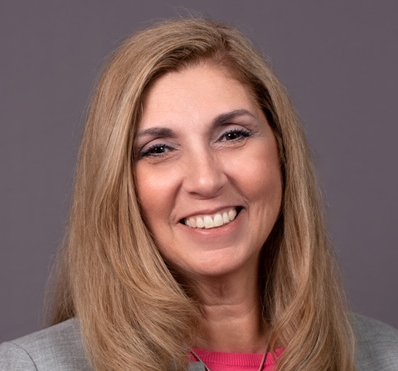
Gina
Scinta
Panel 5: Applications for Quantum AI in the Government, Military, and Intelligence Services
Gina Scinta is Thales TCT’s Deputy Chief Technology Officer (CTO). In this role, Gina serves as the company’s technology evangelist. Her mission is to help Thales TCT’s U.S. Federal Government customers learn effective ways to solve their mission critical cyber security challenges. Gina also leads several strategic initiatives for the company such as the collaboration with NIST National Cybersecurity Center of Excellence, ACT-IAC, and more.
Gina has over 30 years of experience in the technology community. Prior to joining Thales TCT, Gina served as a Senior Solutions Architect with Thales Digital Identity & Security. In this role, she focused on providing solutions for protecting data using world class encryption and key management for data at rest in data centers and cloud infrastructures.

Paul
Stimers
Talk 3: Overview of AI & Quantum Regulation & Legislation
Paul Stimers is a partner in the Public Policy & Regulation Group at Holland & Knight. He focuses his policy advocacy efforts on matters related to emerging technologies such as quantum technology, commercial spaceflight, and artificial intelligence, and advises a wide range of companies and industry associations in pursuing legislation and representing their interests before Congress and federal agencies. He is the founder and executive director of the Quantum Industry Coalition.
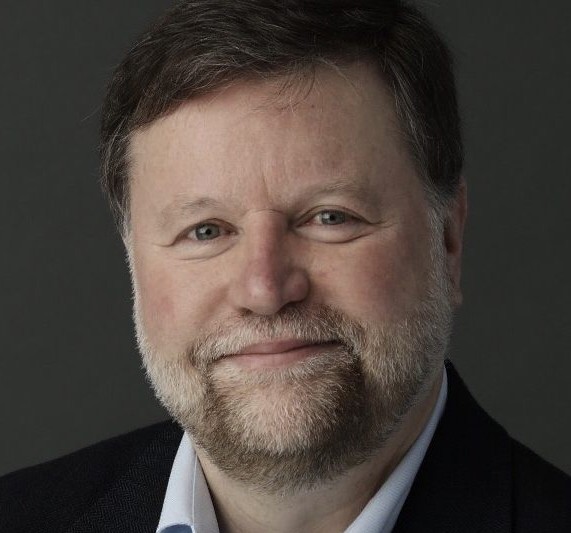
Bob
Sutor
CONFERENCE OPENING
Talk 1: Q+AI: The Truth Is In Here
Dr. Bob Sutor has been a technical leader and executive in the computer and DeepTech industry for over 40 years. He is a theoretical mathematician by training, with a Ph.D. from Princeton University and an undergraduate degree from Harvard College.
Bob’s industry role is to advance AI and quantum technologies by providing strategic and technical insight to help build strong business, partner, technical, and educational ecosystems. His singular goal is to evolve AI and quantum to help solve some of the critical computational problems facing businesses and society today. Bob is widely quoted in the press, delivers conference keynotes, and appears in the media. He is the author of a popular Quantum and AI newsletter on LinkedIn and Substack.
Dr. Sutor is the CEO and Founder of Sutor Group Intelligence and Advisory. He helps clients and investors understand sophisticated technologies such as AI and quantum computing and use them effectively to succeed in their organizations and industries. As an author and communicator, Bob helps clients bring their messages to current and potential customers in clear, powerful, and impactful ways.
Dr. Sutor is also an Adjunct Professor in the Department of Computer Science and Engineering at the University of Buffalo, New York, USA.
Bob spent over two decades at the IBM Thomas J. Watson Research Center in Yorktown Heights, New York. During his time there, he worked on or led efforts in AI, quantum computing, optimization, mathematical software, and blockchain. As the Vice President for Mathematical Sciences at IBM, Dr. Sutor oversaw AI projects for clients in the agricultural, energy, financial services, food, healthcare, insurance, and oil and gas industries. He was also an executive on the software side of the IBM business in areas including IBM Websphere middleware, software on Linux, mobile, open source, and emerging industry standards.
He was the Vice President of Corporate Development and, later, Chief Quantum Advocate at Infleqtion, a quantum computing and sensing company based in Boulder, Colorado, USA. Bob was the Vice President and Practice Lead for Emerging Technologies at The Futurum Group.
Dr. Sutor is the author of the 2019 quantum computing book Dancing with Qubits. Dancing with Qubits, Second Edition, was published in March 2024 and includes new chapters on NISQ algorithms and quantum machine learning. Bob is also the author of the 2021 book Dancing with Python, an introduction to Python coding for classical, quantum, and AI computing.
Dr. Sutor’s full resume is at available online and is suitable for printing.
Areas in which he’s worked: quantum computing, AI, blockchain, mathematics and mathematical software, Linux, open source, standards management, product management and marketing, computer algebra, and web standards.
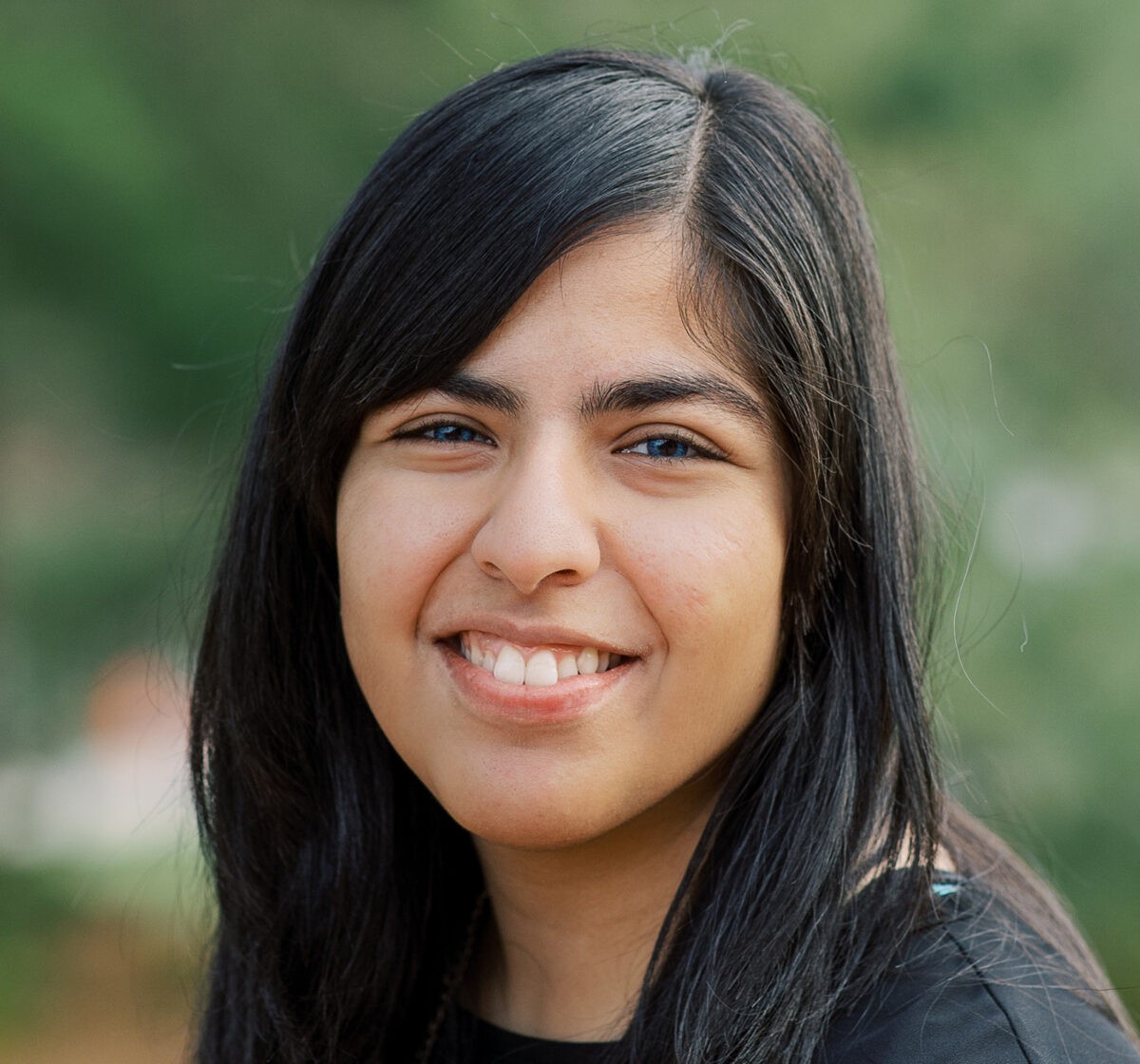
Aleena
Taufiq
Panel 1: AI, Quantum and the Impact of Error Correction
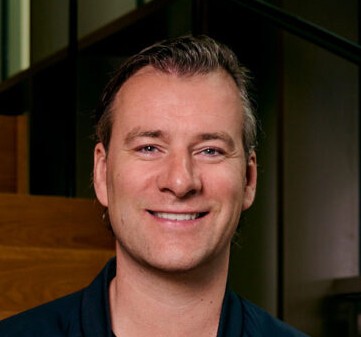
Ton
van 't Noordende
Panel 6: VC and Investment Roundtable
Ton van ‘t Noordende is General Partner at QDNL Participations. A globally focused, independent venture capital fund dedicated to investing in quantum technology. The fund investment team is based in The Netherlands, the UK, and the US.

Ilana
Wisby
Talk 17: Quantum to Consumer (Q2C): Rewiring the Relationship Between Tech and Humanity
Dr. Ilana Wisby is CEO of Quantum Moth, the first company pioneering a quantum-to-consumer (Q2C) model. Through creativity and cutting-edge science, Quantum Moth is redefining how people experience quantum technology—moving it from lab-based research to real-world consumer products.
Ilana is a PhD quantum physicist and deep tech leader known for turning breakthrough technologies into commercially successful ventures. As founding CEO of Oxford Quantum Circuits (OQC), she established one of the UK’s leading quantum companies and launched Europe’s first quantum computer in the public cloud.
With experience spanning industry, government, and national security, Ilana brings a principled, strategic approach to building transformative companies at the frontier of technology. She is passionate about bold leadership, high-trust teams, and purposeful innovation to help shape a brighter future for all.
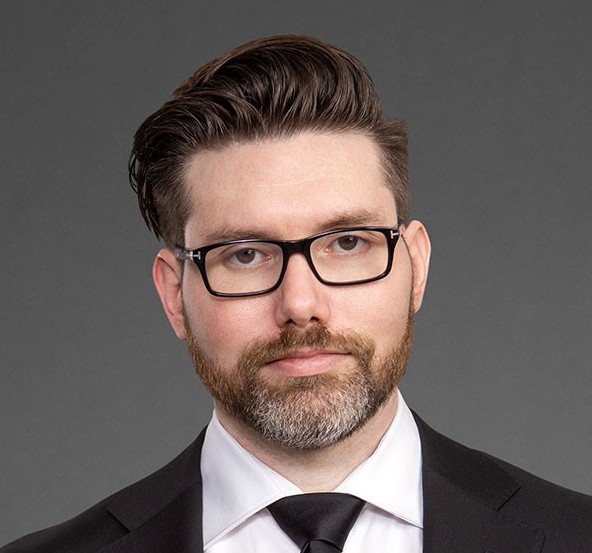
Joseph
Wolfe
Panel 6: VC and Investment Roundtable
Joseph Wolfe is an associate in the patent development and strategy group. Joseph concentrates his practice on the rapidly evolving realm of artificial intelligence technology. With a deep understanding of the intricacies of artificial intelligence and its applications, Joseph brings a unique blend of technical expertise and legal acumen to the patent group.
Joseph practice extends to domestic and foreign patent prosecution and preparation, patent validity and infringement analyses, post-grant proceedings, freedom-to-operate analyses, due diligence, and strategic portfolio development. With a commitment to staying at the forefront of emerging technologies, such as artificial intelligence, Joseph ensures his clients receive informed and strategic guidance, safeguarding their intellectual property rights in this dynamic technological landscape.
In addition to artificial intelligence, Joseph’s practice extends to a wide variety of technology areas, among them computer software and hardware, financial technologies (business methods), blockchain, quantum computing, virtualization technology, electrical products and integrated circuits, semiconductor manufacturing equipment and processes, and mechanical fields.
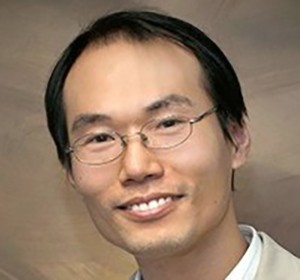
Shinjae
Yoo
Panel 10: Quantum in the AI Data Center
Dr. Shinjae Yoo is a distinguished scientist and leader in the field of computational science and artificial intelligence. He currently holds multiple leadership positions at Brookhaven National Laboratory, serving as the Interim Division Lead for the Computational Research Division, a Distinguished Scientist, and the Chair of the Artificial Intelligence Department.
Dr. Yoo’s research is primarily focused on Machine Learning, with a significant impact on the scientific community. His work has been particularly influential in recent years, garnering thousands of citations. His publications cover a wide range of topics, including pioneering work in quantum machine learning, federated learning, and the application of AI to various scientific and national security community. He has made significant contributions to the development of novel algorithms, such as the co-invention of “Quantum long short-term memory” (QLSTM) or large scale foundation model building using DOE supercompouters.
Dr. Yoo has an extensive background in computer science and language technologies. He earned his Ph.D. in Language Technologies from Carnegie Mellon University, following a Master’s degree in the same field. He also holds a Master’s degree in Computer Science from Seoul National University and a Bachelor’s degree in Computer Science from Soongsil University. He has been with Brookhaven National Laboratory since 2010, starting as a Research Associate and progressing through various scientific roles to his current leadership positions.
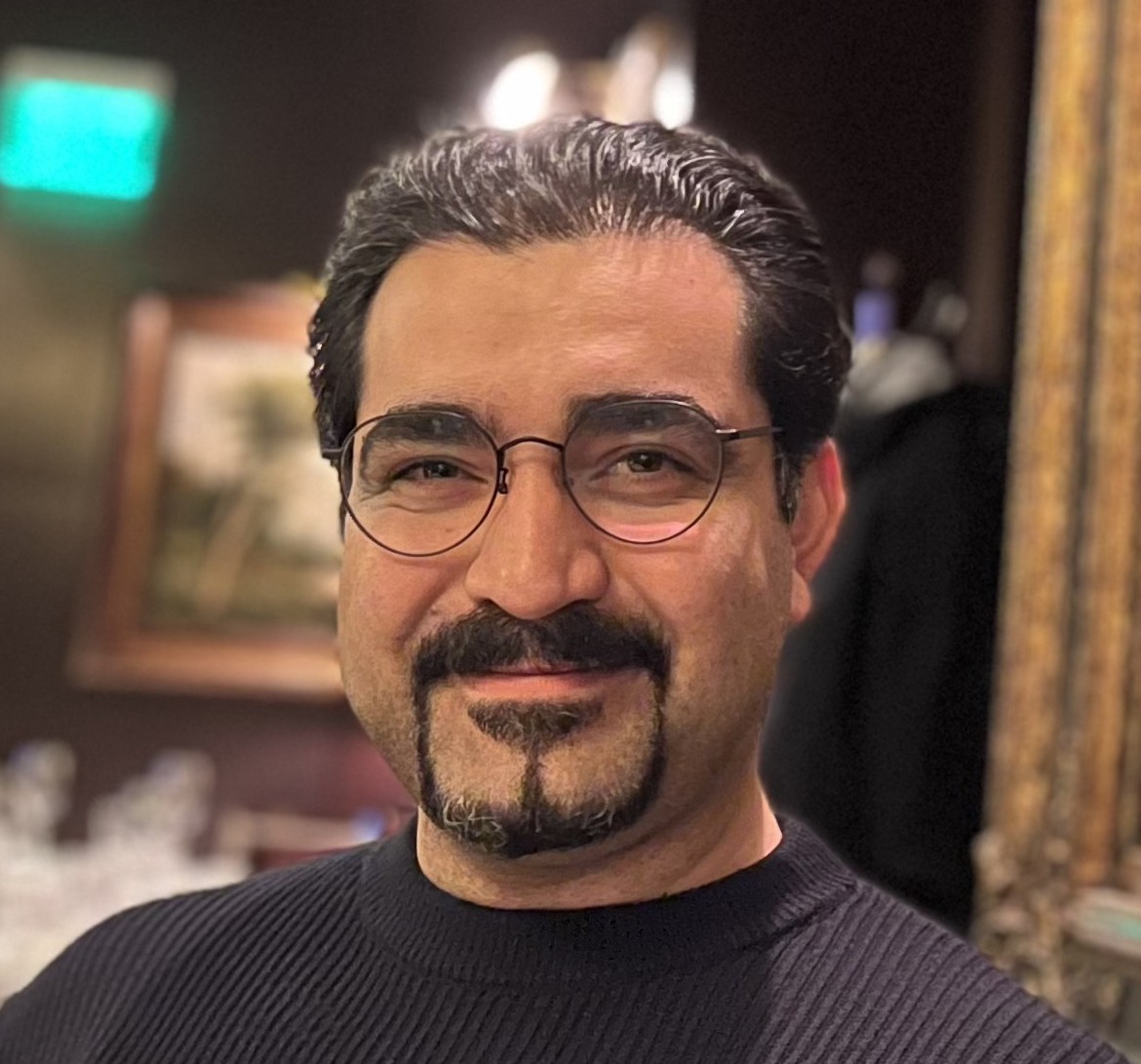
Arman
Zaribafiyan
Talk 13: TBA
Dr. Arman Zaribafiyan, head of product for AI Simulation platforms at SandboxAQ, is the founder and former CEO of Good Chemistry (acquired by SandboxAQ), the Vancouver-based software start-up combining cloud, AI and quantum computing to re-imagine the design and synthesis of new materials. Before founding Good Chemistry, he was the CTO at quantum software company 1QBit. Over the last decade, Arman has directed strategic partnerships and cutting-edge research and development collaborations with Fortune 100 companies such as Dow, Biogen, Mercedes Benz, AWS, Microsoft, and IBM in various roles as a technology and product leader. He received his PhD in Electrical and Computer Engineering from UBC, focusing on quantum information science, and he was the recipient of a prestigious Mitacs fellowship for his research on hybrid quantum computing.
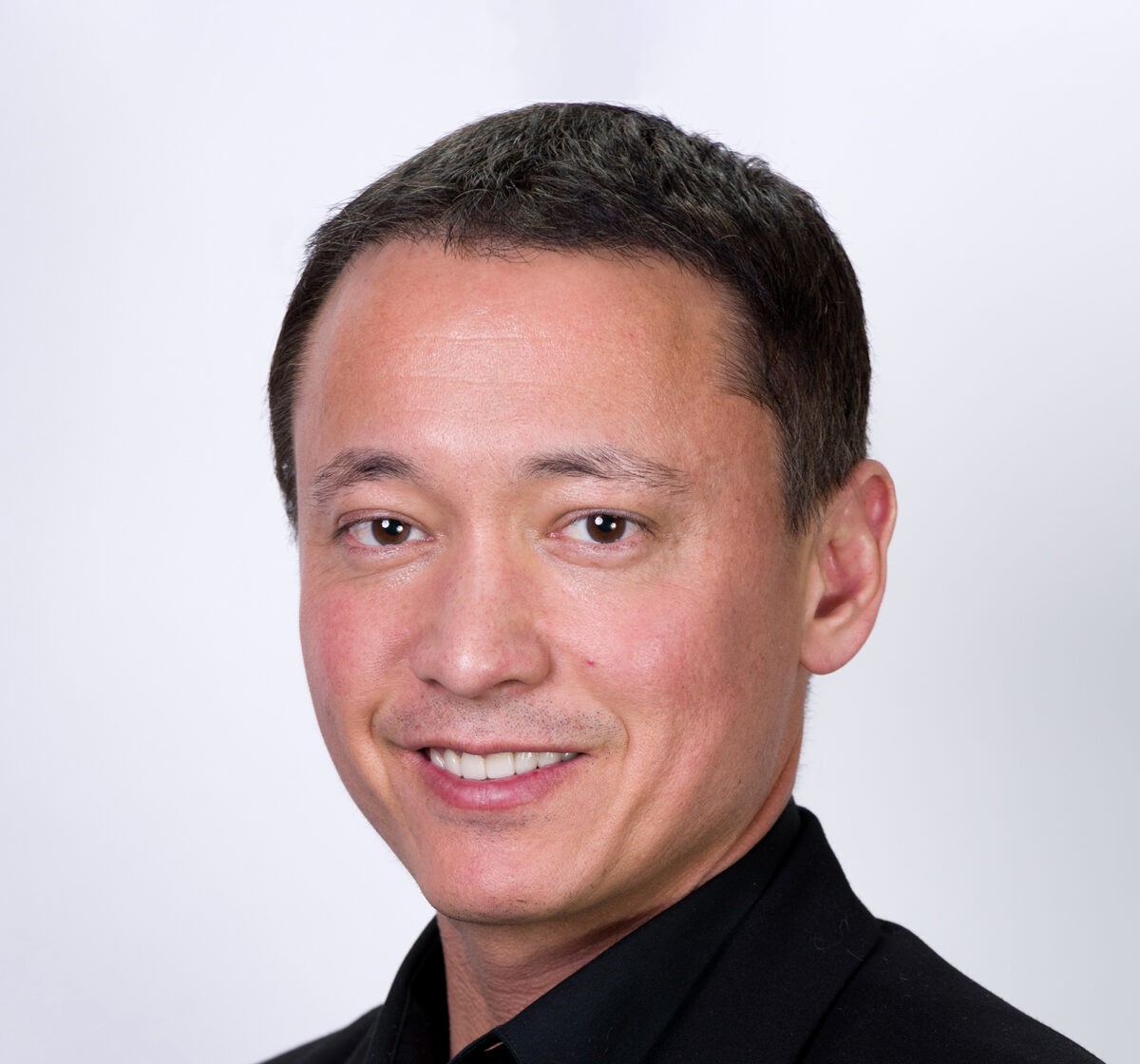
Tom
Zuber
Panel 1: AI, Quantum and the Impact of Error Correction
Tom Zuber is recognized nationwide by Chambers USA. He focuses on intellectual property litigation and deals, and has advised some of the most iconic companies in the world on their global intellectual property portfolios. He is the relationship partner for some 10 Fortune 1000 clients, as well as iconic government entities. He is the Managing Partner of Zuber Lawler, which advises clients around the world from offices across the U.S. as to M&A, finance, real estate, corporate, employment, bankruptcy, commercial litigation, and internal investigation matters. Tom is an avid futurist immersed in emerging industries and technologies, including quantum computing, blockchain, and AI. He holds a J.D. from Columbia Law School, an M.P.P. from the Harvard School of Government, and a B.S. summa cum laude in biomedical engineering from Rutgers University.
